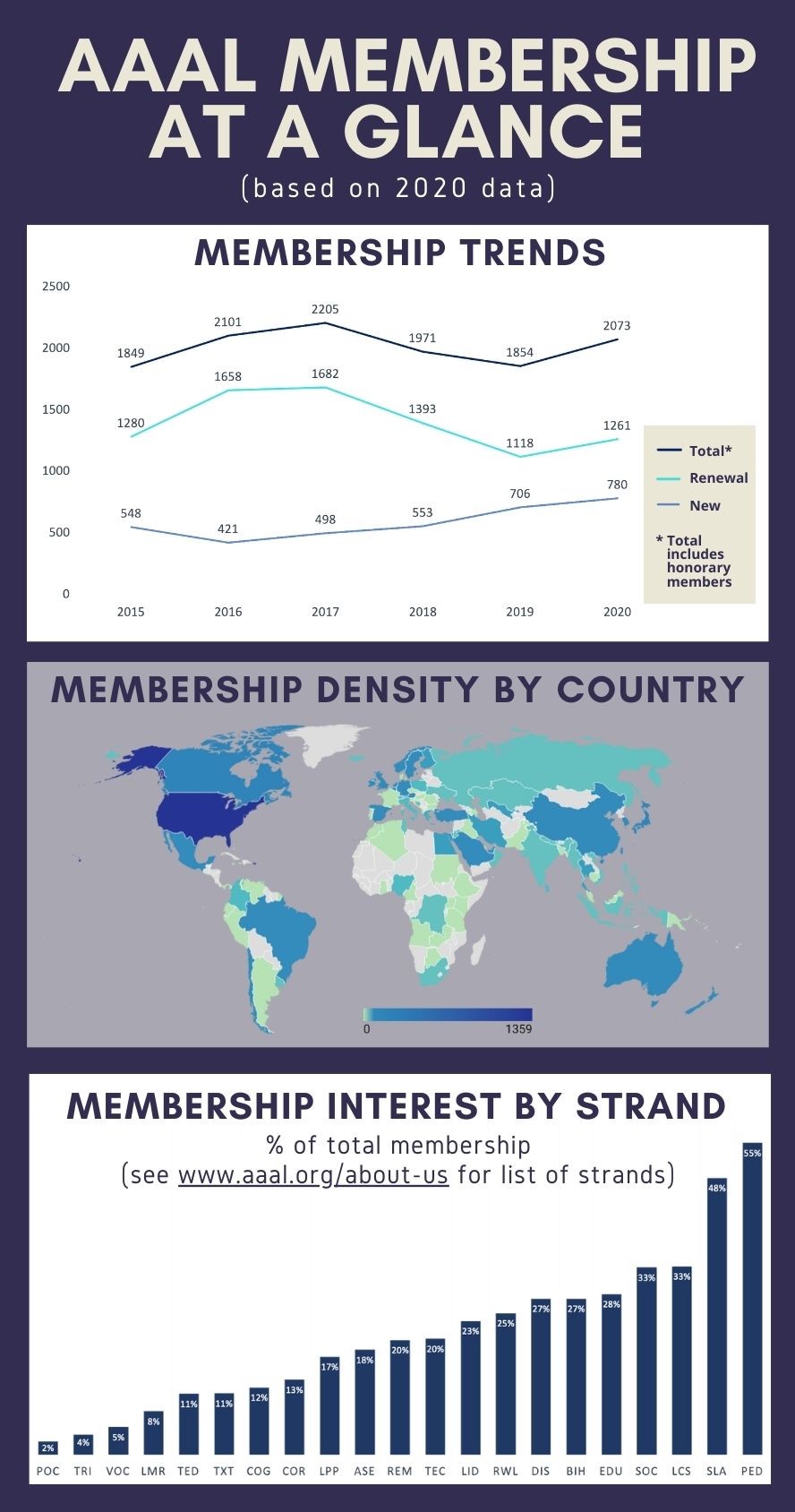AAALetter - January 2022
Table of Contents
- Letter from the Editor by Stephanie Link, AAALetter Editor
- Leadership News and Updates by Patricia Duff, AAAL President
- Pittsburgh 2022 awaits us! by Lourdes Ortega, AAAL 1st VP & Conference Chair
- Diversity, Equity, Inclusion, and Access (DEIA) by Fabiola Ehlers-Zevala, AAAL Secretary
- AAAL's Finances and Membership by Scott Jarvis, AAAL Treasurer
- Sustaining the Future of FFAL by Joan Kelly Hall, FFAL Trustees Chair
- Collaborating Across Contexts for Social Change by Rachel Showstack and Netta Avineri, PAEC Vice Chair and Chair
- Upcoming and Ongoing Initiatives by Carolin Fuchs and Michael Amory, Committee for Online Education and Outreach Co-Chairs
- Looking Ahead to Conference Connections in Pittsburgh in March 2022 by Bethany Gray, Conference Connections Committee Chair
- Continued Momentum by Laxmi Prasad Ojha and Svetlana Koltovskaia, GSC Co-Chairs
- Annual Review of Applied Linguistics (ARAL) by Alison Mackey, ARAL Editor-in-Chief
- The Association Internationale de Linguistique Appliquée (AILA) by Fabiola Ehlers-Zavala, AAAL Secretary
- Introducing Ibero-American Association of Applied Linguistics (AIALA) by Laura Gurzynski-Weiss and Kyria Finardi, AIALA Co-Founders/Organizers
- Spotlight: AAAL Business Office Team
- AAAL 2022 Research Article Award Recipients: Francisco Lorenzo, Adrián Granados, and Nuria Rico
- AAAL 2022 DSSA Recipient: Alison Mackey
- AAAL 2022 DPSA Recipient: Emile Jansen
- AAAL 2022 Book Award Recipients: Raul Lejano & Shondel Nero
- Resolutions by the AAAL Business Office
- AAAL Membership Infographic by the AAALetter Team
Letter from the Editor
Stephanie Link, Oklahoma State University
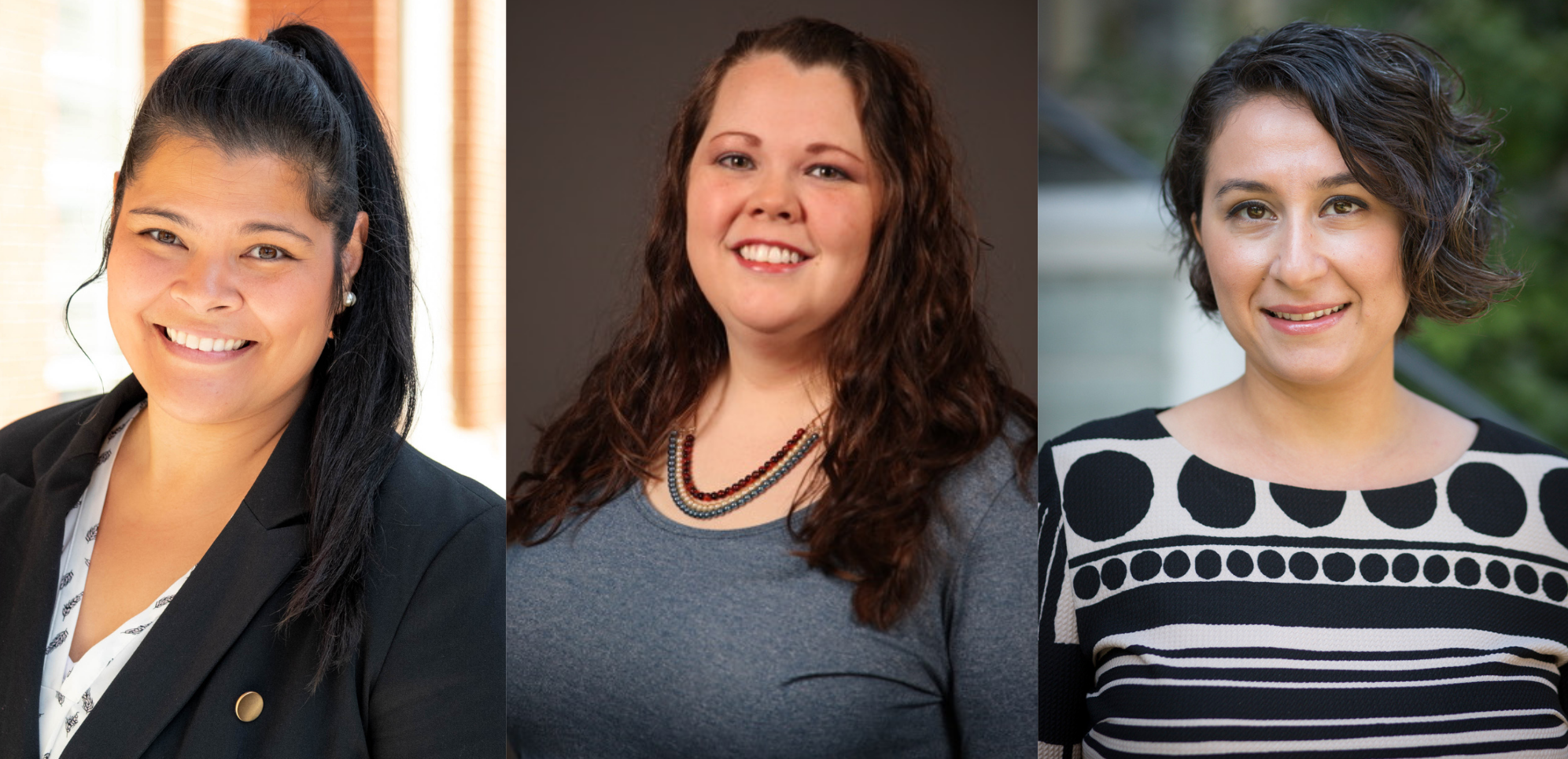
Welcome to the latest issue of the AAALetter—the official newsletter of AAAL!
This season filled our lives with many trials as the global pandemic continued to test our strong will and perseverance. Fortunately, our Association is surrounded by extremely mindful and forward-thinking members who willingly step into leadership roles and actively participate in our growing community. This issue of the AAALetter highlights those efforts by celebrating and awarding the achievements, contributions, and overall dedication of our members.
This issue starts with updates from our AAAL Executive Committee (EC). President—Patsy Duff—is full of exciting news, including an impressive number of 2021–22 AAAL activities that demonstrate the significant contributions of our leadership and staff. First Vice President and Conference Chair—Lourdes Ortega—provides a glimpse into the 2022 conference in Pittsburgh, highlighting a truly exciting, face-to-face event to look forward to this year! Secretary—Fabiola Ehlers-Zavala—keeps us updated on AAAL’s vitally important diversity, equity, inclusion, and access (DEIA) initiatives, while Treasurer—Scott Jarvis—offers some predictions into the financial state of the Association.
During this extremely busy season, the AAAL standing and steering committees have been hard at work. The Fund for the Future of Applied Linguistics (FFAL) trustees are among them, and we are fortunate to learn about their widespread efforts to maintain progress through the Campaign to Sustain the Future of FFAL. We are proud of the ongoing efforts of the Public Affairs & Engagement Committee (PAEC)—co-chaired by Netta Avineri and Rachel Showstack—which has organized, hosted, and facilitated a number of outreach opportunities that address issues of social and professional relevance. Also highly involved in engaging our membership is the Online Education and Outreach Committee (OEOC) led by Carolin Fuchs (Chair) and Michael Amory (Vice Chair); read further in this issue to learn about their many initiatives to connect applied linguists globally. Building connections is one of the great benefits of AAAL membership, and we are excited to announce the fourth year of Conference Connections (CC)—chaired by Bethany Gray. Their committee organizes mentorship programming and getting signed up to participate while registering for the 2022 conference will bring you closer to our community! Finally, the Graduate Student Council (GSC)—co-chaired by Laxmi Prasad Ojha and Svetlana Koltovskaia—highlights the admirable work of our energetic student population, demonstrating the great potential for the future of AAAL.
The growth of our community extends beyond borders, and our partners and their prosperity also strengthen our Association and advance the field’s achievement of significant societal impact. Thus, of incredible importance are the contributions from some of our key collaborators and partners. In this issue, you will find updates about the following: Annual Review of Applied Linguistics (ARAL), Association Internationale de Linguistique Appliquée (AILA), and Ibero-American Association of Applied Linguistics (AIALA).
As we step back to reflect on the past year, it is important also to look ahead and find ways to support and elevate those around us. This issue seeks to acknowledge our continuous gratitude toward the individuals that help to advance AAAL and its mission. This month, we highlight our amazing staff of the AAAL Business Office and our many phenomenal award winners. With more announcements soon to come, it has been a remarkable year of achievements!
If you would like to learn more about our AAAL membership, find our detailed infographic at the end of the issue. You can also learn about getting involved at any level of the Association by reaching out today on Twitter and Facebook. You can also provide suggestions for the newsletter at AAALetter@aaal.org.
Enjoy the issue!
Leadership News and Updates
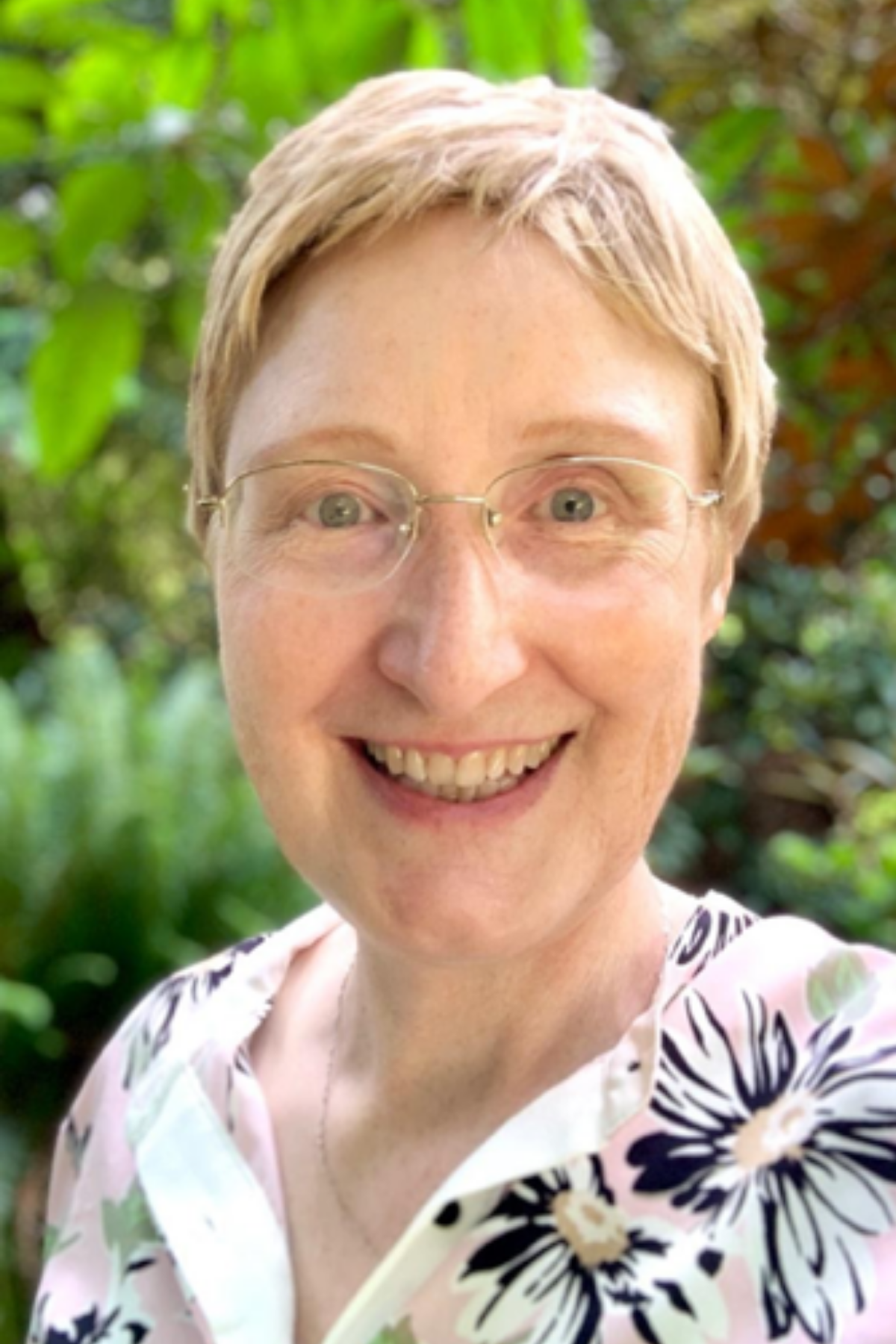
Message from the AAAL President
Patsy Duff, University of British Columbia
Greetings from Vancouver, Canada—where the days are getting shorter, darker, and wetter, but things are returning to a (somewhat) greater sense of normalcy after nearly two years of pandemic-related curtailments to in-person education, social events, gatherings, and travel. Fortunately (especially in the Northern Hemisphere), we know that longer, brighter days are ahead! Nonetheless, we are also painfully aware that things are far from “normal” in many parts of the world where some populations are disproportionately affected by social inequities, a lack of resources (including access to vaccines), and the spread of new variants. Unfortunately, these factors continue to stymie a return to pre-COVID-19 activities, including conference travel.
Conference: AAAL 2022
We are delighted that so many people have already registered for AAAL 2022 at the Omni William Penn Hotel in Pittsburgh and that we will be able to meet again in person! Our last in-person AAAL conference was in March 2019 in Atlanta, nearly three years ago! I’m very impressed by the wonderful program that Lourdes Ortega and her fabulous conference planning team at Georgetown University have created with the timely assistance of our AAAL office staff. It hasn’t been easy planning for AAAL 2022, given all the continuing (and ever-changing) uncertainties, but I’m confident that we will have an excellent conference. I extend my heartfelt thanks to all those who have already contributed to the conference: presenters, reviewers, strand coordinators, organizers, and many others! We encourage you to register to attend AAAL 2022 as soon as possible if you haven’t done so already, and be sure to book your accommodations while there are still rooms available!
Other AAAL Activities in 2021–22
In addition to planning for the annual conference, AAAL has been engaged in many other initiatives this year, thanks to the stellar leadership of our dedicated staff (see staff spotlight article), Executive Committee, standing committee chairs, and other members:
- We launched the AAAL Briefs, now approved and uploaded to our website, thanks to the ongoing advocacy efforts of our Public Affairs and Engagement Committee (PAEC), and also approved and publicized a number of position statements and endorsements in response to social justice issues in 2021.
- We have convened ongoing meetings and deliberations of the AAAL Strategic Planning Task Force to review our AAAL mission statement and strategic directions along with input from the membership.
- We hosted several virtual webinars post-AAAL 2021 with flipped content from the conference and made all our featured AAAL 2021 talks open-access for a year with the assistance of our Online Education and Outreach Committee (OEOC).
- We established two new graduate student awards aligned with our DEIA efforts, with the first recipients to be announced in early 2022.
- We have supported the adjudication of a number of other important AAAL awards, thanks to the hard work of many committee chairs and members as well as the Fund for the Future of Applied Linguistics trustees, who have successfully launched a new fundraising campaign.
- We have already announced the exciting news, which can also be found in spotlight pieces in this AAALetter, of the recipients of the 2022 Distinguished Scholarship and Service Award, the Distinguished Public Scholarship Award, the Research Article Award, and the Book Award.
- We have considered how to support early-career scholars in AAAL through the creation of a new task force dedicated to creating recommendations for that vital AAAL constituency in 2022.
- We have continued our discussions, activities, and planning regarding Diversity, Equity, Inclusion, & Access (DEIA) initiatives, efforts to be advanced by a new task force in 2022.
- We have continued to support graduate students in AAAL through awards and many excellent Graduate Student Council initiatives that continue year-round.
- We have, for the first time, opened up (via the Nominating Committee and a related task force) an online Call for Nominations, providing opportunities for AAAL members to (self-)nominate suitable candidates for positions on our Executive Committee and Standing Committees.
- We have tried to find other meaningful ways to engage additional volunteers, across a diverse spectrum, in Association work.
- We have updated our Standing Rules to reflect changes in policies and procedures in many areas to better meet our strategic goals.
- We added a new strand for the 2022 conference—Antiracism, Decolonization, and Intersectionality for Systemic Transformation (ADIST)—which attracted a large number of submissions. Our intention is to feature this work but also strive to have more “ADIST” content infused across all strands as we move forward.
- We have considered how to maintain healthy membership numbers in AAAL with attached membership-only benefits and opportunities (besides reduced conference registration fees alone), while also providing some open-access content for our wider community.
- We have tried to keep inclusiveness (and other aspects of DEIA) at the forefront of many discussions, while also factoring in very real operational constraints.
Wishing All a Happy, Healthy 2022!
Last year was a very productive one for AAAL, despite COVID-19 and the pivot to a virtual conference in March 2021. And we keenly anticipate an exciting conference in 2022! As always, we welcome your input and involvement in our activities and mission. I send my best wishes to all for safe and happy holidays and a happy new year—and thank you for your continuing involvement in our vibrant AAAL community! I’m very much looking forward to seeing many of you in Pittsburgh in March and others in our virtual events.
Pittsburgh 2022 awaits us!
Update from the AAAL First Vice President & 2022 Conference Chair
Lourdes Ortega, Georgetown University
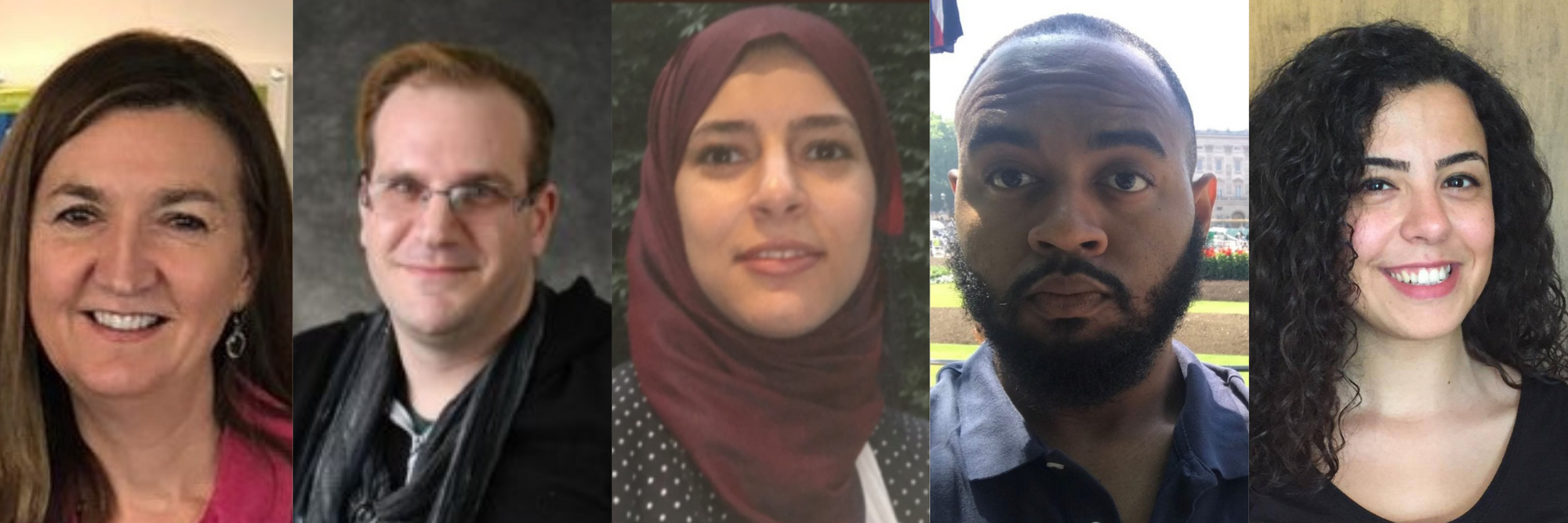
After three years of not seeing one another in person (since Atlanta 2019!), we will gather in Pittsburgh for AAAL 2022. We will be guests in the unceded ancestral lands of the Adena, Hopewell, Monongahela, and Osage peoples, who were followed by the Shawnee, Mingo, Lenape (or Delaware), and others and later by the Hodinöhšönih or Six Nations Confederacy (comprised of Mohawk, Oneida, Onondaga, Seneca, Cayuga, and Tuscarora), who took refuge in the areas surrounding Pittsburgh. Also known as the Steel City, a shining gem on three rivers, and the Paris of Appalachia, the city has a lot to offer, which you can sample in the Visit Pittsburgh website or the Pittsburgh Beautiful website. But in addition to making time to enjoy the attractions of Pittsburgh, we hope conference attendees will throw themselves into and enjoy the vibrant academic, social, and professional conference program!
More than 1,750 proposals for posters, papers, roundtables, and colloquia were submitted for this year’s annual conference. We had 23 strands led by 27 strand coordinators, who enlisted a total of 645 abstract reviewers. This peer review work must always be done during July and August, encroaching into what for many of us is our precious summer break. We owe strand coordinators as well as reviewers our deep gratitude for the hours of evaluative work they invested in AAAL 2022.
As in past years, the international participation during the submission process was very high, and in the end, about 40% of acceptances were from outside the USA. Countries with high representation in the program will include Canada, Japan, China, and the UK as well as many other countries spanning all continents. For example, one of the awardees of the Indigenous Language Fund, Almaz Wasse Gelagay, will hopefully be able to be in Pittsburgh—all the way from Ethiopia—to present her sociolinguistic research on the Gamo language. And Fethi Helal will likely be our first in-person AAAL presenter from Tunisia, presenting his policy work on language ideological debates in this Maghreb context.
Also continuing the historical trend, this year, the strands with the largest representation in the program include the following: Second and Foreign Language Pedagogy (PED); Teacher Education, Beliefs, and Identities (TED); Second Language Acquisition; Language Acquisition and Attrition (SLA); and Reading, Writing, and Literacy (RWL). Each received close to 150 submissions. Also noteworthy is the huge success of the new strand on Antiracism, Decolonization, and Intersectionality for Systemic Transformation (ADIST), led by Usree Bhattacharya as the inaugural strand coordinator. ADIST came to fruition out of two-year-long strategic discussions by the Executive Committee on diversity, equity, inclusion, and access, led by Fabiola Ehlers-Zavala (our present Secretary, who will become President at the closing of AAAL 2022), along with the expert guidance of loyal AAAL members Ryuko Kubota (who is our incoming 2nd Vice President) and Manka Varghese, in collaborative consultation with their group of critical applied linguists.
Across all 23 strands, the program will be full of excellent contributions reflecting the cutting edge of admirably diverse areas of research. The invited and refereed events are sure to satisfy conference attendees who—as is customary at our annual AAAL conference—expect the highest rigor across theoretical frameworks, methodological approaches, and research paradigms. At the time of this writing, we are in the arduous process of completing the scheduling of all refereed academic content, including 845 individual presentations, 39 colloquia, 42 roundtables, and 67 posters. As a reminder, we will have six plenarists, eight invited colloquia, and a full-day pre-conference workshop.
In all our conference work, the Conference Team and the Association’s Office Team is firmly guided by the goals we set ourselves for 2022: to nurture community, to support the interests of underrepresented and minoritized groups in the field of applied linguistics, and to increase opportunities for collaboration, dialogue, and action among all presenters and attendees. Creating a welcoming and inclusive environment is one prerequisite to meet our goals. For the first time, we have offered all presenters and attendees the opportunity to state their pronouns when submitting their proposals and when registering for the conference. During in-person check-in at the Omni hotel, we will have ribbons that can be added to badges on which people can include their pronouns if they so wish. We have also negotiated with the hotel to ensure that we will have some inclusive all-gender bathrooms at the conference.
As always, student mentoring will be a key element of the conference. Notably, 40% of registered attendees so far are students, and 64% of them (i.e., 345 student attendees!) have signed up as mentees to be matched with the 172 scholars who have volunteered as mentors. This incredible amount of thoughtful work is being done by the Conference Connections (CC) committee, chaired by Bethany Gray and comprised of eight other CC committee members. Geographically, the CC committee brings a wealth of combined expertise and networks from Florida (Matt Kessler), Hawai‘i (Dustin Crowther), Iowa (Bethany Gray), Maryland (Jiyoon Lee), Michigan (Laxmi Prasad Ojha), and Texas (Brittany Frieson, Bedrettin Yazan) as well as Mexico (Irasema Mora Pablo) and Sri Lanka (Mihiri Jansz). They have designed an outstanding student mentoring experience for March 2022. Please do stop by to say “thank you” to them when you see them in Pittsburgh! In addition to the formal student mentoring work done by the CC committee, at AAAL 2022, we will initiate new work that expands mentoring, professional, and social opportunities for all attendees. Stay tuned for announcements of special events as we complete the programming!
Our conference theme, Applied Linguistics in Times of Reckoning and Change, has been evolving in meaning with the persistent ebbs and flows of this terrible tide that the global pandemic has become for all of us. We want to offer a safe place-based conference, and we have put careful thought into our COVID-19 health and safety protocols. We are implementing something new, necessitated by the pandemic: at the registration desk, attendees will be able to choose a bracelet in one of three colors (green, yellow, or red) to signal to others their comfort levels with physical distancing during the conference. As of December 10, 2021, a total of 1,348 individuals had registered so far for the conference. This number is very similar to that of pre-pandemic years, and it is, of course, good news. But we do not forget, nor do we forgive ourselves, for the exclusion of many colleagues, students, and scholars who cannot face the health risk or financial expense and, thus, will not be able to join us this year. Moreover, the health and safety of all of us who will enjoy the privilege of in-person attendance depend on our taking full responsibility to act wisely and compassionately. We continue to closely watch local and world-wide developments related to COVID-19, ready to update our protocols as needed.
Finally, I must express a huge debt of gratitude to my Georgetown Conference Organizing Team for their tireless and creative and cheerful work that has made mine utterly possible. Last year, Jason D’Angelo and Rima Elabdali took leading roles in the call for papers and the reviewing process. This year it has been particularly Malik Stevenson and Şeyma Toker who have devoted countless hours to the adjudication and scheduling process, and we have also recruited help from several other Georgetown volunteers. The gargantuan tasks related to making a conference the size of AAAL happen would be impossible without the constant and competent help of our AAAL Office Team: Terry Dougherty, Andi Edwards, Sherry Battle, and Hannah Queen. I hope you will take the time to meet and thank all these individuals at the conference.
We look forward to welcoming back AAAL members—many of whom have been longing for the community to be able to gather again—as well as getting to know other attendees who will be new to the conference. We hope for a safe, inclusive, and rewarding in-person meeting. Pittsburgh awaits us on March 19–22, 2022!
Diversity, Equity, Inclusion, and Access (DEIA)
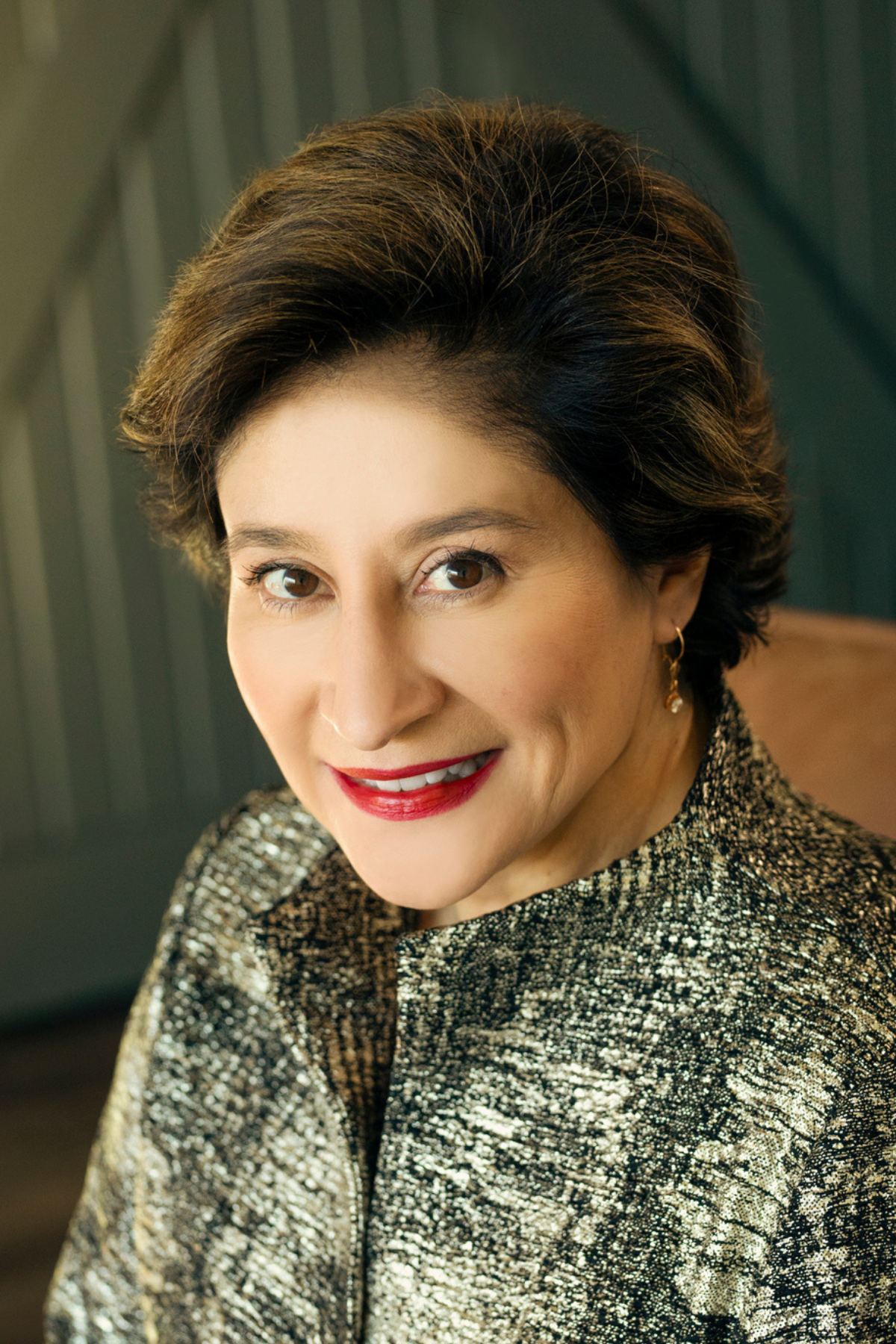
Update from the AAAL Secretary
Fabiola Ehlers-Zavala, Colorado State University
In this issue of the AAALetter, I am very pleased to provide the latest update derived from the October meeting of the Executive Committee (EC). As many of you may know, per our Standing Rule #10, the AAAL Secretary “oversees diversity, equity, inclusion, and access (DEIA) efforts for AAAL, ensuring that a diversity, equity, and inclusion segment will be a compulsory item on every regular EC meeting agenda and included in each issue of the newsletter, and monitors to ensure that DEIA efforts are implemented in all aspects of AAAL activities.” Thus, since my appointment, I have led the discussions of DEIA unfolding at each EC meeting, conveying input received and providing the status of activities accomplished as communicated to the membership at our General Business meeting last March.
With the goal of better addressing the needs of our membership in the areas of DEIA and in consideration of input gathered/received at various times during the year, this past October, I put forward the following recommendation to the EC: that the AAAL President appoint a task force to consider the formation of an Ad Hoc Committee to both more deeply and broadly delve into DEIA work for AAAL. This task force would have the opportunity to provide recommendations that could delineate the work and scope of that potential Ad Hoc Committee, including how its membership would be constituted (e.g., through election or appointments). I recommended that a task force be formed to have a bottom-up approach in place with input from several AAAL members who are actively advancing work in this area through their research, teaching, and/or service in this area. As you know, per our standing rules (S.R. #7), a committee that has been renewed and successfully performed its duties after five years can become a standing committee and considered essential to the organization with a majority vote of the EC members. The recommendation to proceed with a presidential appointment of a task force was well received and unanimously supported by members of the EC with the additional request of having the task force, first and foremost, determine if the formation of a potential committee is the preferred way to proceed or not, providing alternatives to consider if another approach is deemed more adequate to fulfill the organization’s agenda in the areas of DEIA.
AAAL’s Finances and Membership
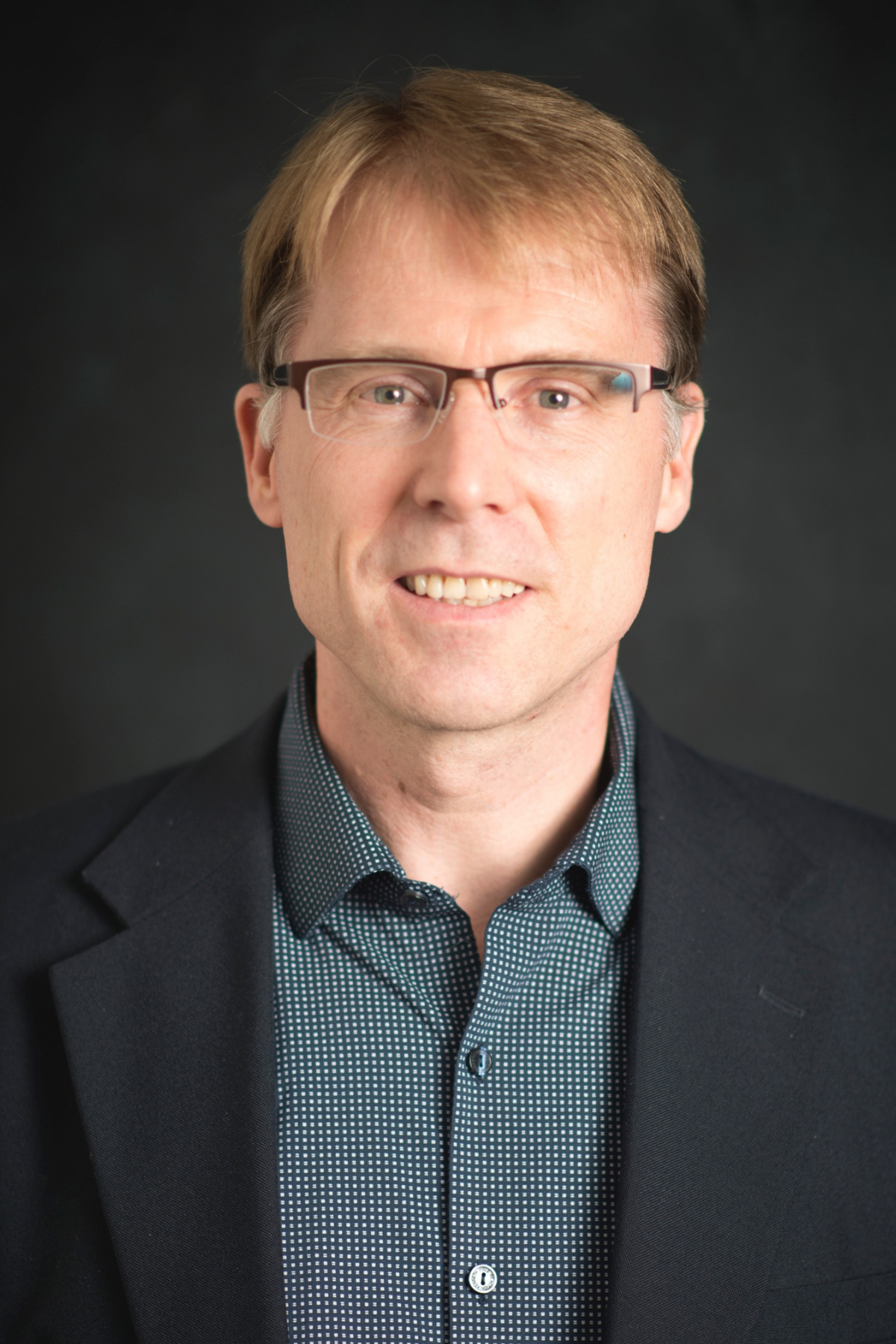
Update from the AAAL Treasurer
Scott Jarvis, University of Utah
I recently told the EC that this has been a great year to be the Association’s new treasurer. Positive investment performance, high attendance at our most recent conference, generous donations, and robust membership numbers have kept our finances strong. At the end of the third quarter of 2021, our total assets stood at just over $1.4 million inclusive of operating cash, association investment accounts, and the Fund for the Future of Applied Linguistics endowments.
Our income is generated from three primary sources: membership dues, investment income, and conference income. During the first three quarters of 2021, our membership dues generated $166,736.79, which was up 38% from the same time last year and was 88% of the way toward meeting our 2021 budget goal for this category. Investment income during the first three quarters of 2021 yielded $77,368.85, which represents 449% of what our investment income was projected to be for 2021 and is a sharp contrast to our $8,000 loss in 2020. Our 2021 conference generated a net income of $268,849.89. Association expenditures have remained stable over the past few years. Our total expenses for the first three quarters of 2021 were $290,708.24, which represents 66% of our budgeted expenses for 2021.
We project that our overall income will decrease by approximately 14% in 2022 and our overall expenses will increase by about 83%—due mainly to the higher costs of the 2022 in-person conference in comparison to the virtual conference held in 2021. We project an overall net loss of $16,810.32 for 2022. We continue to meet on a quarterly basis with our financial advisor at Morgan Stanley to ensure that our investments are sufficiently diversified to maximize investment income and minimize the likelihood of losses.
The Fund for the Future of Applied Linguistics (FFAL) was established in 2000 as an endowment to provide funds for Graduate Student Awards to attend the annual conference. In February 2021, our FFAL Trustees launched a new campaign called The Campaign to Sustain the Future of FFAL. The goal of the campaign is to increase the FFAL endowment to $225,000 by the end of the 2023 AAAL conference. The campaign includes six giving circles: Engagement Circle (for donations up to $99), Cornerstone Circle ($100+), Leadership Circle ($500+), Foundation Circle ($1000+), Benefactor Circle ($2500+), and Sustainer Circle ($5000+). Importantly, contributions in any amount are essential to our ability to increase the number and amount of these awards to help support our growing student membership.
You can donate to the FFAL upon renewing your membership, when registering for the conference, or at any time by visiting www.aaal.org. I look forward to seeing you at the conferences in Pittsburgh in March. Please do not hesitate to contact me, Joan Kelly Hall (FFAL Trustee Chair), or any of the members of the Executive Committee if you have questions or ideas for how to improve our Association.
Sustaining the Future of FFAL
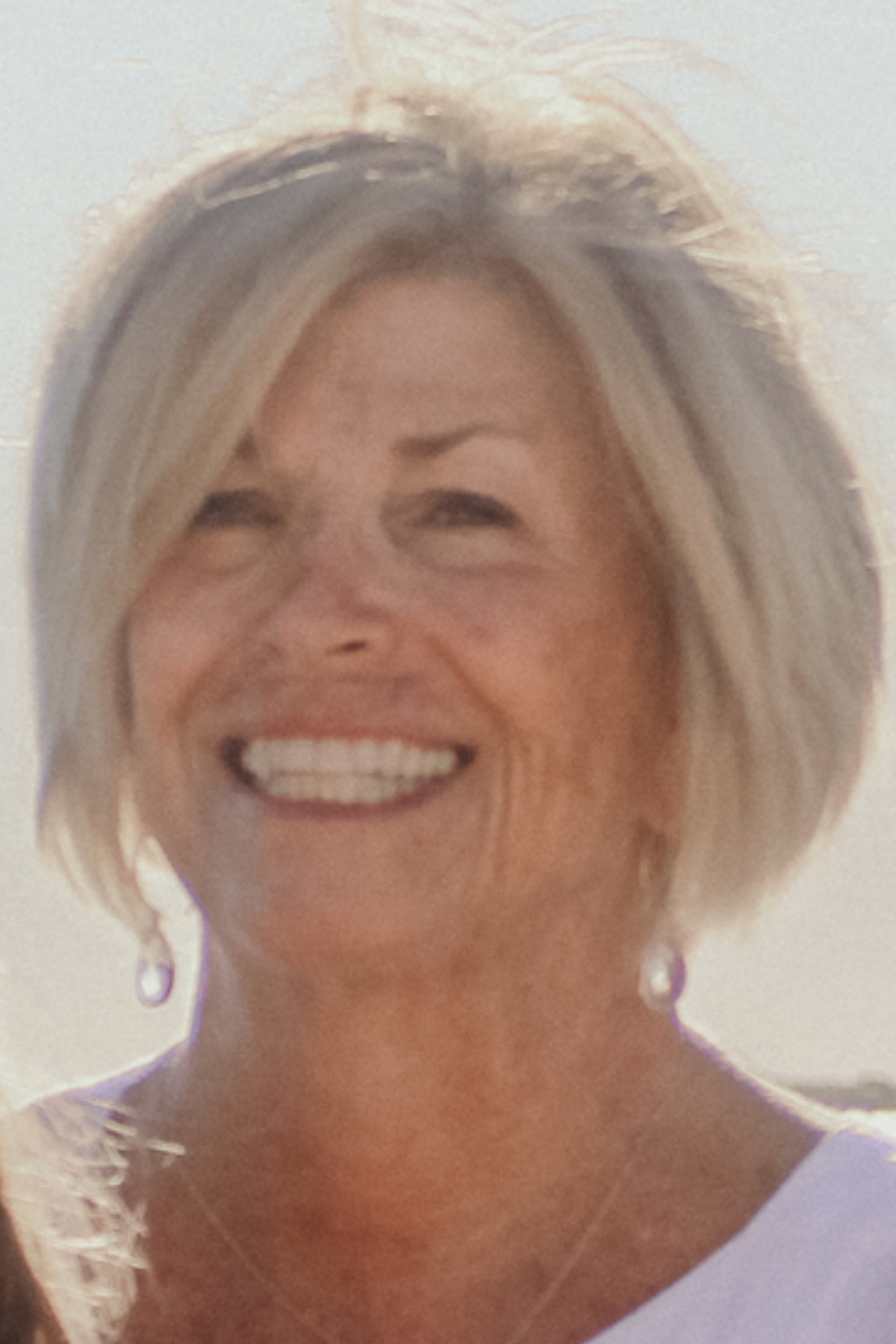
Update from the Fund for the Future of Applied Linguistics (FFAL) Board of Trustees Chair
Joan Kelly Hall, Pennsylvania State University
The Campaign to Sustain the Future of FFAL began in February 2021 with the goal of increasing the FFAL endowment by $60,000 to $225,000. This sum will allow the endowment to maintain the same level of support for graduate student travel for the next two decades despite any investment income instabilities.
To recognize the generosity of our members to this campaign, six levels of sponsorship have been created. They are:
- Engagement Circle up to $99
- Cornerstone Circle $100-499
- Leadership Circle $500-999
- Foundation Circle $1000-2499
- Benefactor Circle $2500-$4999
- Sustainer Circle $5000 and above
Since February, over $30,000 has been raised. This is an incredible display of commitment to FFAL and of the generosity of applied linguists from around the world. We are pleased to report that The AAAL EC has approved the hiring of a web designer to add the circles and names of donors to the FFAL webpage. Once the changes have been made, the information on the page will be updated monthly.
The Campaign to Sustain the Future of FFAL will continue until the end of the AAAL 2023 conference. Your donation of any amount will make a significant contribution to FFAL’s ability to continue to support our graduate students, and, more generally, the field of Applied Linguistics. A sincere thank you from the FFAL Trustees: Joan Kelly Hall (Chair), Suresh Canagarah, and Dudley Reynolds.
Collaborating Across Contexts for Social Change
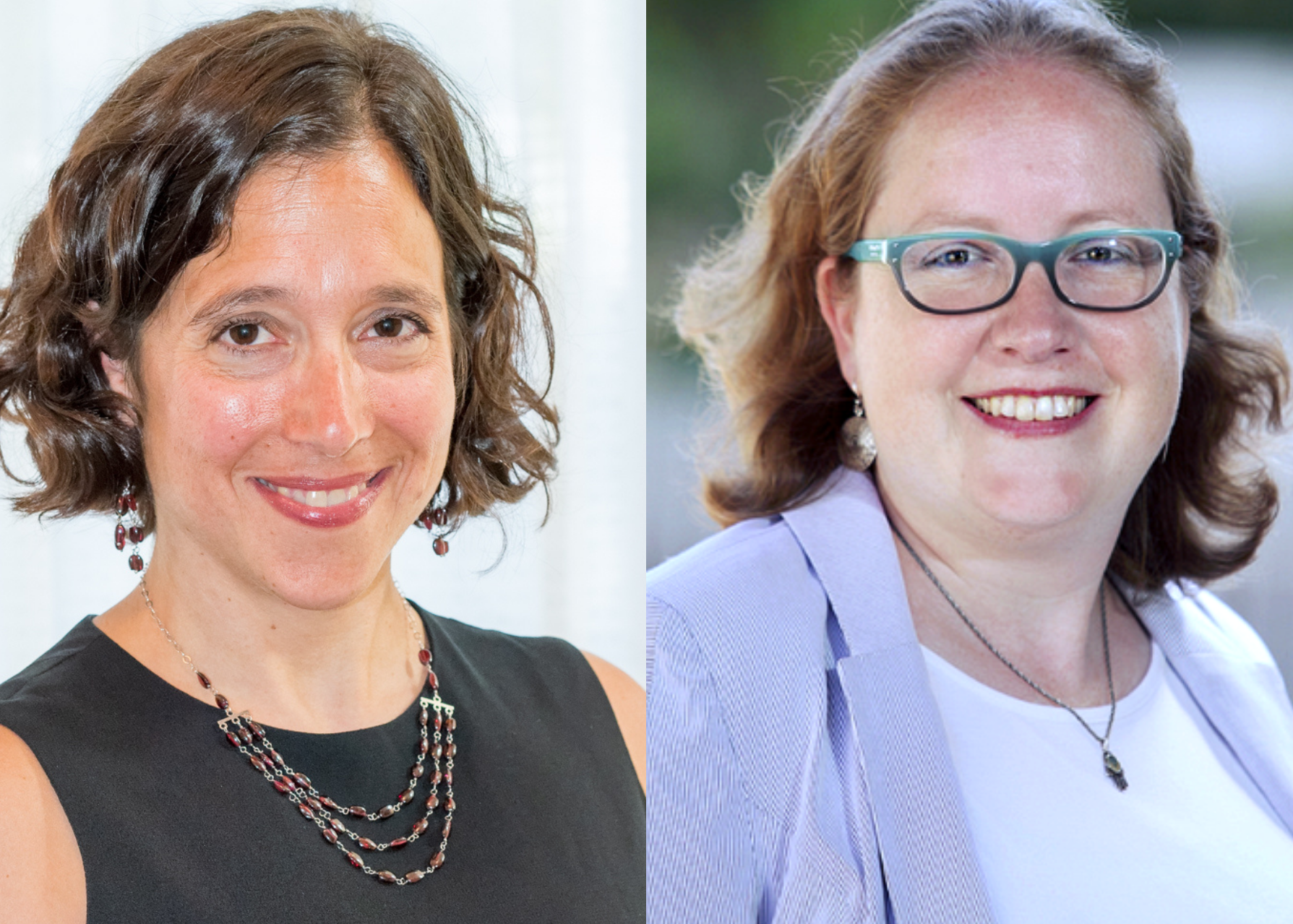
Update from the Public Affairs & Engagement Committee (PAEC) Vice Chair and Chair
Rachel Showstack, Wichita State University and Netta Avineri, Middlebury Institute of International Studies
Now more than ever, we need to collaborate with one another to ensure justice for all. Have you been looking for a meaningful professional outlet for responding to current world events? Are you interested in collaborating with other applied linguists to advocate and mobilize for social change? Then we encourage you to get involved in the work of the AAAL Public Affairs and Engagement Committee.
What is the Public Affairs and Engagement Committee? Who serves on the Committee?
The Public Affairs and Engagement Committee (PAEC) is made up of scholars/practitioners with a range of expertise in applied linguistics topics relevant for social change: Netta Avineri, Katherine Moran, Kendall King, Rachel Showstack, Amelia Tseng, and Bedrettin Yazan as well as graduate student representative Svetlana Koltovskaia. The committee is a standing committee of AAAL formed in December 2016, as “an important means by which AAAL members can bring their collective expertise to bear on issues of social importance and inform public debate by speaking to issues of social and professional relevance.” The PAEC exists to 1. represent the AAAL membership in relation to public issues and to 2. facilitate AAAL members’ involvement in issues of public importance.
What Does the PAEC Do?
Since 2017, the PAEC has focused on creating position statements, endorsing professional organization and congressional statements, participating in advocacy and social justice events at AAAL and TESOL, and building membership in the Applied Linguistics and Social Justice listserv.
On July 28, 2021, the PAEC organized and hosted a Summer Webinar “Collaborating and Communicating with Publics: Engagement for Social Impact.” The speakers were authors of chapters from Dorris Warriner and Elizabeth Miller’s new edited volume Extending Applied Linguistics for Social Impact: Cross-Disciplinary Collaboration in Diverse Spaces of Public Inquiry (2021, Bloomsbury). The editors presented the book and gave an introduction to the webinar, and the authors’ 2-minute “flash talks” provided insights from a diverse set of community-engaged and interdisciplinary projects, inspiring a lively discussion. PAEC Chair Netta Avineri moderated the session.
We encourage you to read the recent position statement against anti-Asian and anti-AAPI violence and our endorsement of the AERA Statement in Support of Transgender and Nonbinary Persons.
The PAEC also facilitates the creation and dissemination of Applied Linguistics Briefs (1-page texts on language-related topics of potential interest and importance written in language that would be accessible to people outside our field). The Briefs and the instructions for authors can be found at https://www.aaal.org/aaal-briefs. We recently published two new briefs: “Miranda Warnings and Suspects with Limited English Proficiency,” by Aneta Pavlenko and “A Critical Perspective on the Educational Labeling of Multilingual Students in the United States,” by Suzanne García-Mateus, Joanna Wong, and Sofía E. Chaparro. We encourage AAAL members to share the Briefs with their networks and also propose topics for Briefs to the PAEC. More information can be found at the AAAL Briefs link above.
How Can You Get Involved?
AAAL members are welcome to get in touch with ideas for projects and initiatives of social concern. For example, you can propose Briefs, position statements, and endorsements and work with other scholars/practitioners to create op-ed pieces, blog posts, social media outreach, and webinars relevant to the membership and the public at large. Please feel free to contact Netta Avineri (paec@aaal.org) with your ideas.
We encourage AAAL members to join the Applied Linguistics and Social Justice listserv (300 AAAL members strong), an online collaborative space for sharing ideas, resources, publications, and initiatives focused on applied linguistics and social justice.
Please also join us at the AAAL 2022 Conference Open Meeting, where we’ll discuss current/future initiatives and ways to get involved with conference attendees.
Looking forward to working with you!
Upcoming and Ongoing initiatives
Updates from the Standing Committee for Online Education and Outreach Chair and Vice-Chair
Carolin Fuchs, Northeastern University, and Michael Amory, Oklahoma State University
As we are winding up our second official term as the Standing Committee for Online Education and Outreach, we would like to provide some updates of our continuing initiatives to engage both members and non-members of AAAL. For instance, our Standing Committee has taken on the organization and moderation of the AAAL webinar series, which has grown in popularity since the pandemic. Thanks to the on-going support of the EC, we are very pleased to announce the inauguration of a fifth sub-committee under the supervision of Michael Amory, which will solely focus on hosting the AAAL webinar series. In the following, you will hear from each of the sub-committees about their exciting work and initiatives.
AAAL website and content development
Sub-Committee Chair: Joe Cunningham, Georgetown University
The website and content development subcommittee is dedicated to improving the user experience of visitors to the AAAL website. Accordingly, the members of the subcommittee conducted an extensive review of the website prior to the 2021 virtual conference. This review resulted in a number of changes that helped to streamline the navigability and presentation of the website. Additionally, the sub-committee co-organized with the Public Affairs and Engagement Committee the July 2021 webinar ““Collaborating and Communicating with Publics: Engagement for Social Impact.” The subcommittee will continue to enhance the content and appearance of the AAAL website, with a specific eye towards curating the many recordings resulting from the AAAL webinar series.
AAAL professional development
Sub-Committee Chairs: Jinrong Li, Georgia Southern University, and Stephen Skalicky, Victoria University of Wellington, New Zealand
The professional development subcommittee worked to organize and host two of the AAAL webinars focused on content from the 2021 Virtual AAAL conference. The first webinar (June 2021) included speakers from a colloquium focused on complex dynamic systems and L2 development. The second webinar (October 2021) featured a conversation with a plenary speaker, Professor Ema Ushioda. We were pleased to be a part of this opportunity to share content with AAAL members, and thank our subcommittee members for their assistance. Be on the lookout for new initiatives from our subcommittee in the future, including plans for developing a website devoted to curated professional development material for AAAL members.
AAAL social media
Sub-Committee Chair: Yu Jung Han, The University of Rochester
The members of the social media sub-committee are eager to enrich AAAL community’s online experiences. The sub-committee hosted the AAAL August Webinar titled, “Transnational Identities as Pedagogy: Autoethnographies of ELT Practitioners” in which a panel of seven presenters shared their insights on how learners, teachers, teacher educators, and researchers negotiate their transnational and translingual experiences. The sub-committee also monitors the AAAL social media platforms (e.g., Facebook and Twitter). Finally, the sub-committee has been collecting stories of AAAL members. Please stay tuned for our upcoming posts, “Share your story,” that we will be publishing soon. Interested in sharing your story as well? Find more information here.
AAALetter
The AAALetter sub-committee has been eager to share additional information about the demographics of our membership. Melike and Sarah are working hard on an infographic to present the data to the membership in an accessible way. We are also excited about the current issue, and we hope you will reach out with any ideas for improving our communications with AAAL members. If you have ideas or questions, feel free to contact us directly at aaaletter@aaal.org.
AAAL webinars
Sub-Committee Chair: Michael Amory, Oklahoma State University
In Summer 2020, the Standing Committee for Online Education and Outreach began to organize and moderate a series of webinars for the AAAL community. As these webinars were largely well-received, and with the frequency with which we hope to hold them, we formed a Webinar sub-committee this past September. We are pleased to introduce the members of this newly formed sub-committee: Katherine Christoffersen (The University of Texas Rio Grande Valley); Lesley Smith (University of South Carolina); Haley De Korne (University of Oslo); Lourdes Cardozo-Gaibisso (Mississippi State University); Doveen Mark Mendoza Alburo (University of Southeastern Philippines); and Heather B. Finn (Borough of Manhattan Community College, CUNY). Currently, we are working to facilitate interactive discussions with AAAL 2021 plenary speakers (based upon the AAAL 2021 Open Access Content). Moving forward, we hope to create a mechanism through which AAAL members can submit webinar proposals to ensure that these webinars are community-driven.
Looking Ahead to Conference Connections in Pittsburgh in March 2022
Update from the Conference Connections Committee Chair
Bethany Gray, Iowa State University
With the return to an in-person AAAL annual conference in Pittsburgh, Pennsylvania in March 2022, we are looking forward to a return to in-person mentoring experiences through the Conference Connections program. Conference Connections (CC) pairs student attendees with more senior AAAL members to support mentees in their participation in the conference and to provide professional development opportunities as students build connections with more experienced AAAL members.
Participation in CC has grown steadily over the past few years. Mentors and mentees have found the program to provide valuable experiences for forging connections within the field. But don’t take my word for it—let’s hear from past participants in Conference Connections!
From mentees
“I have had the fortune of participating as a mentee through Conference Connections twice and have been so grateful that my mentors, Dr. Manka Varghese and Dr. Bedrettin Yazan, were so generous with their time, wisdom, and willingness to engage with my questions and scholarship. When I participated in the early years of my graduate studies, I found my conversation with Dr. Varghese to be illuminating with respect to considering my developing identity as a beginning scholar, finding community within AAAL, and figuring out how to straddle the educational linguistics and teacher education communities at my university. I met with Dr. Yazan later in my graduate studies; his insights into conducting critical autoethnography within language teacher education were formative with respect to the development of my dissertation.” -Christina M. Ponzio
“The students who are just starting out their graduate studies benefit from participating as mentees as they can talk to professors other than from their home institutions to get suggestions on navigating their academic careers. Those in more advanced stages in their graduate studies can have a more focused conversation with the professors about their dissertation projects, presentations, and publications, or potential job market.” -Laxmi Prasad Ojha
“Advanced graduate students can benefit a lot from Conference Connections because they can ask their mentors about their experience preparing for the job market. For me, it was also helpful to get feedback from my mentor regarding publishing in our research area of interest. I received specific advice that I could immediately implement.” -Ananda Muhammad
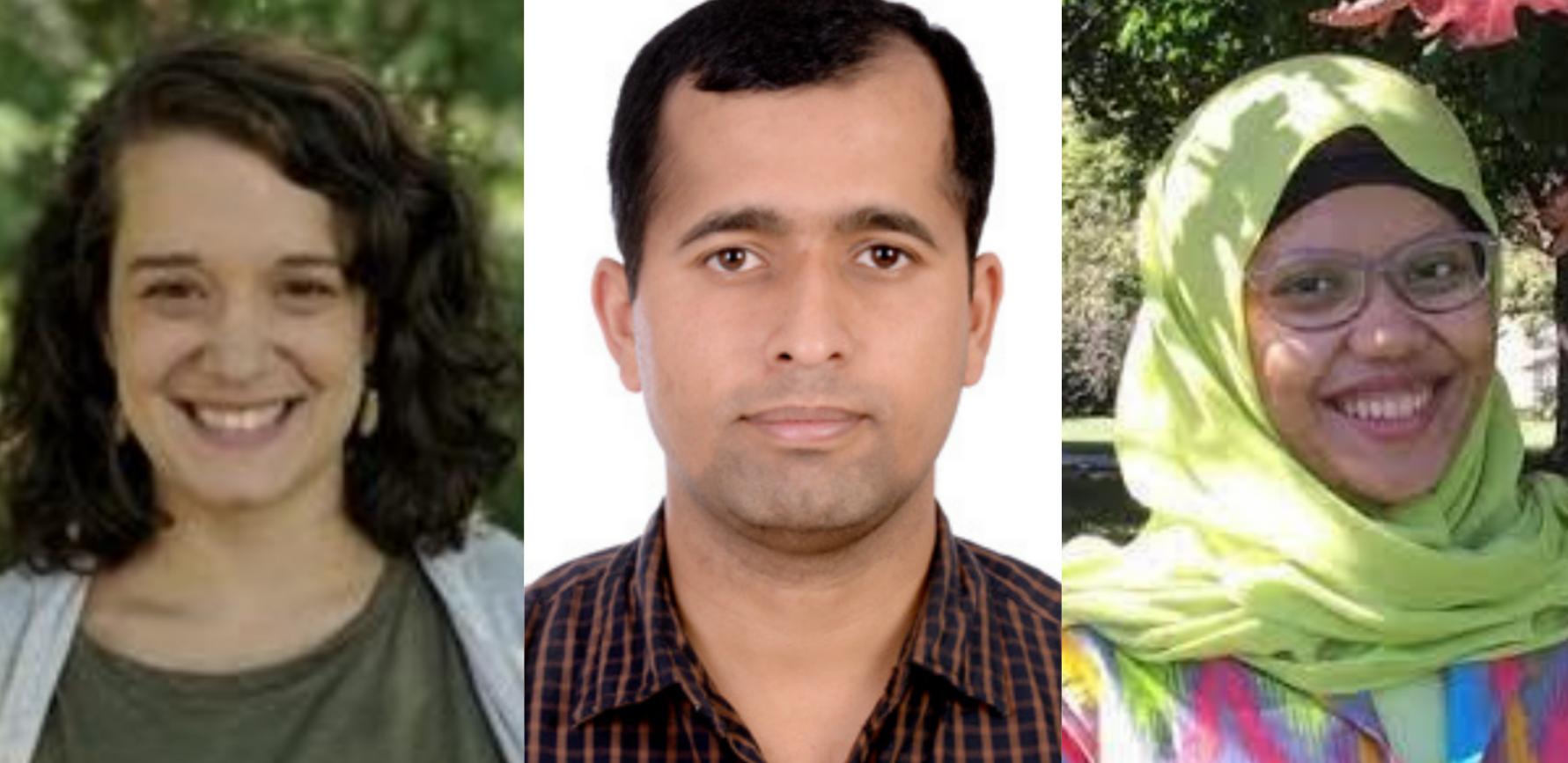
From mentors
“I like the opportunity of meeting young scholars and learning about their research, their perspectives about a subject area, or their new research methodologies implemented in my field. It was also important to provide valuable insights on how to face some academic/personal challenges or issues. [In Pittsburgh,] I am looking forward to establishing a welcoming space where learning and collaboration are fostered.” -Yuly Asención-Delaney
“I participate as a mentor to learn the exciting things that researchers who are new to the AAAL community are working on. I also participate to welcome folks to the AAAL family and provide researchers any support I can offer.” -Kristopher Kyle
“The Conference Connections gives me an opportunity to engage with junior scholars in my area of expertise, to learn more about their research, and to provide support for their research. It gives me a broader perspective on the kinds of questions graduate students have about the field than I get just working with students at my own institution.” -Shelley Staples
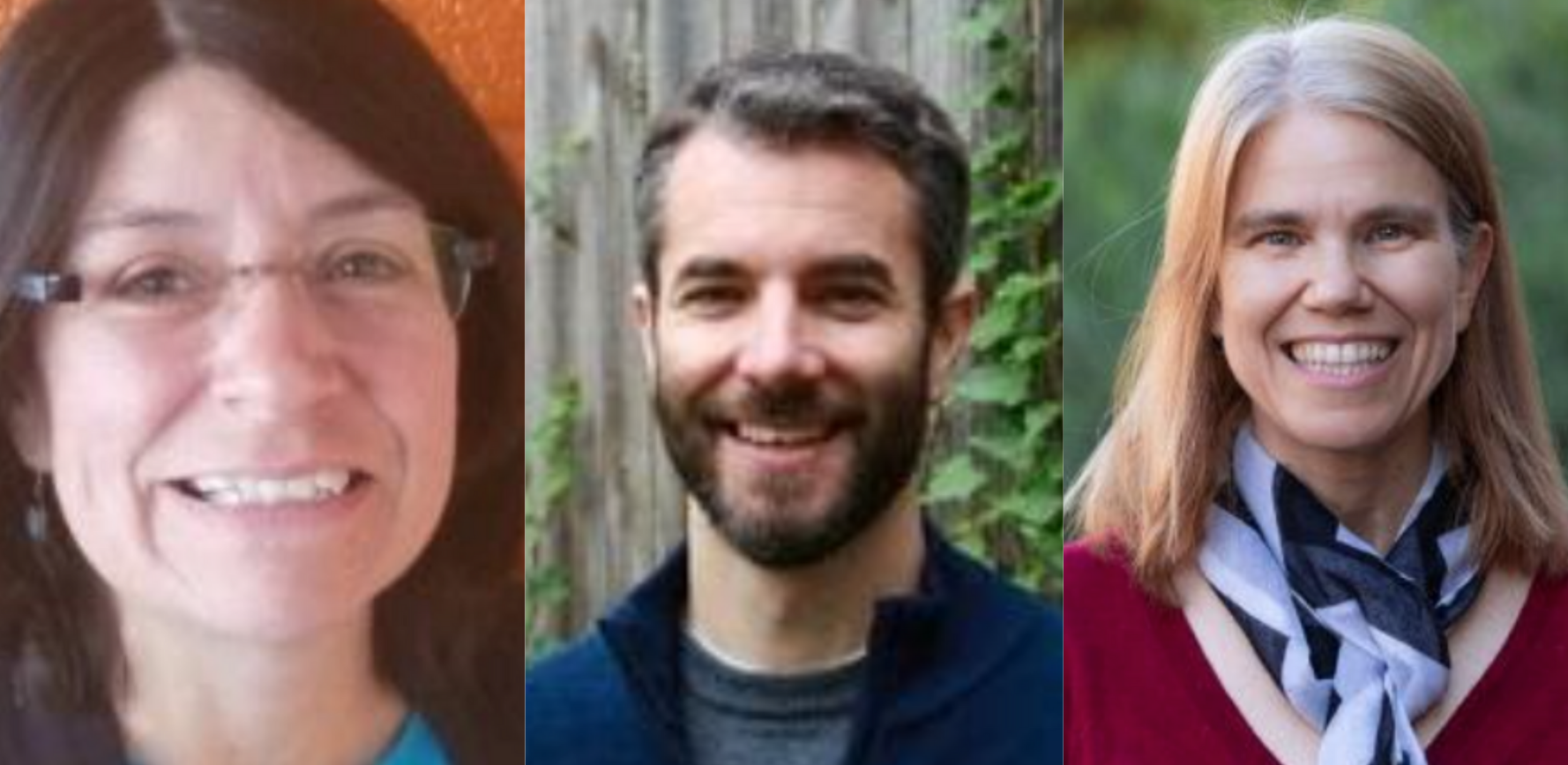
We hope that you will join us in Conference Connections, as a mentee or as a mentor, in Pittsburgh. As in previous years, mentees will be able to choose between two main types of mentoring during the conference:
- general mentoring support, in which students in earlier stages of their scholarly development could connect with their mentor on topics such as navigating AAAL and the field of applied linguistics, their general research interests and research trajectory, advice for writing a successful conference proposal, navigating life as a graduate student, and many more topics.
- research and advanced professional development, in which students who are in the later stages of the academic career could engage with their mentor on topics related to their specific research interests, tips and advice for publishing in the field of applied linguistics or applying for external funding for their research, or preparation for the academic job market. Because these are one-on-one sessions, mentors and mentees could spend their time together on topics that will best support the mentee, and engage with the mentor’s expertise and knowledge.
If you registered to participate in Conference Connections while registering for the conference, you’ll be receiving a follow-up email in the coming months from the Conference Connections team to provide additional information about your interests and goals for mentoring in Pittsburgh in March. If you did not register for CC at the time of conference registration but would like to sign up for CC, please email info@aaal.org to update your registration.
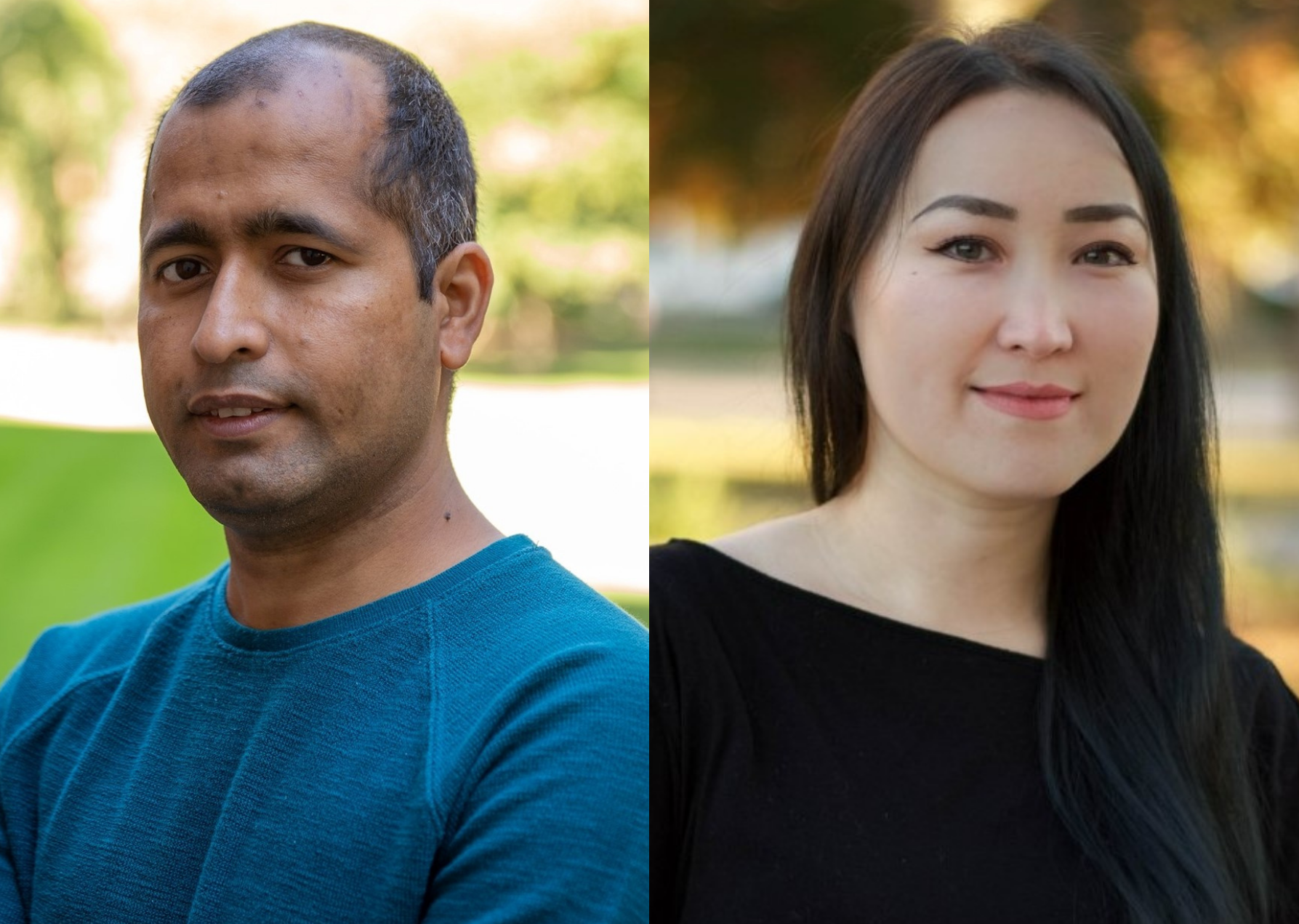
Continued Momentum
Update from the Graduate Student Council
Laxmi Prasad Ojha, Michigan State University, and Svetlana Koltovskaia, Oklahoma State University
Although the COVID-19 pandemic continues to dominate most of our conversations and affect all in our personal and professional lives, we are delighted to share some great work that the Graduate Student Council has been doing to support the AAAL grad student community.
Right after the 2021 Virtual AAAL Conference, we immediately began to work on various activities, events, and content development for our members to promote their professional growth as researchers and practitioners. As usual, our Social Media sub-committee has continued publishing blog posts on our AAAL GSC website. The blog posts were on various topics such as Narrating your research: The keys to a successful conference abstract by Jeremy A. Rud, PhD student at the University of California-Davis; Engaged research in applied linguistics: Reflections from practice by Dr. Prem Phyak, Assistant Professor at the Chinese University of Hong Kong; New beginnings, old worries: A graduate parent’s thoughts at the start of academic year by Rebecca Sawyer, PhD student at the University of Wisconsin; and Data collection during the COVID-19 pandemic by Dr. Shi Chen, assessment analyst working at University of California-Santa Cruz. Stay tuned for more blog posts!
This year, our Social Media sub-committee changed the format of our Youtube videos to the interview format. The following talks were posted on our AAAL GSC Youtube Channel: Thoughts on work-life balance with Dr. Tove Larsson, Writing successful conference proposals with Dr. Anna De Fina, Doing socially engaged research in applied linguistics with Dr. Christian Chun, Consideration for teaching in Fall 2021 with Dr. Mary K. Stewart, and Public scholarship as a grad student with Mike Mena and JPB Gerald. More interesting talks are coming up soon! Apart from blog posts and Youtube videos, we continue engaging our members on our social media (Instagram, Facebook, Twitter) on a regular basis.
We also continued our tradition of organizing and hosting webinars. Our Event Planning sub-committee organized a webinar titled, “Getting ready for the job market: Tips for developing materials,” which was held on September 24, 2021. The video is posted on the AAAL GSC Youtube Channel to make it more accessible for a wider audience. The sub-committee is currently working on organizing two more webinars before the 2022 conference.
Every fall semester, GSC sends out our Diversity Climate Survey to ensure we are diverse, equitable, and inclusive. Our Diversity sub-committee team distributed the survey this year on June 7 and closed it on July 31. The sub-committee then analyzed the results of the survey and drafted the survey report, which will be included as the feature article in the AAALGrads newsletter Fall 2021 issue. The sub-committee also continues to provide feedback on the selection of panelists for our webinars to ensure diversity, equity, and inclusion.
Finally, every semester, GSC releases the AAALGrads newsletter. We published our Spring 2021 newsletter after the 2021 Virtual AAAL Conference on the theme of “Ambiguity, uncertainty, and resilience” driven by the goal to create a space for the members of our community to engage in discussions about new paths for applied linguistics and higher education during and after the ongoing pandemic. The Fall 2021 newsletter was published this December. The theme of the newsletter is “Looking forward: A return to normal or new beginnings?” The Fall 2021 issue includes three feature articles, one creative corner piece, one reader response, one resource review, and three professional development corner articles.
If you want to learn more about GSC events and/or become a part of the GSC team, please follow us on our social media to keep updated about our events and calls:
GSC Website: www.aaal-gsc.org
Newsletter AAALGrads : https://www.aaal-gsc.org/newsletter-fall-2021
Facebook: AAAL Graduate Students
Twitter: @AAALGrads
YouTube: AAAL GSC
LinkedIn: AAAL Graduate Student
Annual Review of Applied Linguistics (ARAL)
Update from the ARAL Editor-in-Chief
Alison Mackey, Georgetown University
The Editorial Board of the Annual Review of Applied Linguistics is excited to announce that the 2022 issue will be on the topic of Social Justice, broadly construed. In conjunction with this focus on equity, ARAL is trialing a new open reviewing process with authors and mentor-reviewers teamed up to work cooperatively. This issue highlights the scholarship of researchers whose work positions them to be potential future leaders in the field and includes papers by Sara Alvarez, Obed Arango, Katherine Barko-Alva, María Cioè-Peña, Yaqiong Cui, Megan Figueroa, Brittany Frieson, Pejman Habibie, Syed Hassan, Jin Kyeong Jung, James McKenzie, Shakina Rajendram, Vijay Ramjattan, Sheena Shah, Jaran Shin, Patriann Smith, Jamie Thomas, and Rachel Elizabeth Weissler.
The themes they cover include accents and racism in labor migration; the Black immigrant experience in the US; challenging colonial logic within language education; collaborative translanguaging as a means of decolonization, criticality and ethical subjectivity; early career scholars and scholarship; global citizenry; Indigenous language revitalization; multilingual field methods; multilingualism and identity construction; paywalls and participation in science; socio-cognitive approaches to language discrimination and social justice; supporting dual language teachers; translanguaging in higher education in Pakistan; translanguaging in la villa inmigrante, and translingual writing processes of undocumented college students, amongst others. A final reaction piece will be written by ARAL Board members, Anne Charity-Hudley and Nelson Flores.
For broader community access and as a small step towards multilingual publishing and de-centering of English, abstracts for each paper appear in the language(s), dialect(s), and varieties of the authors’ choosing.
The mentor-reviewers, to whom we are very grateful, are the following: Uju Anya, Alfredo Artiles, Mary Bucholtz, Peter de Costa, Fernanda Ferreira, Nelson Flores, Ofelia García, Jeff Good, Shelome Gooden, Socorro Herrera, Kendall King, Wesley Leonard, Rosa Manchón, Elizabeth Miller, Suhanthie Motha, Shondel Nero, Lourdes Ortega, Terry Osborn, and Bryan Smith.
Introducing the ARAL 2022 Editorial Team
Felipe de Jesus is a PhD candidate in Sociolinguistics at Georgetown University. He holds a BA and an MA in English Language and Literature from the Federal University of Santa Catarina (Brazil), and an MS in Linguistics from Georgetown. Prior to joining the sociolinguistics program at Georgetown, he taught in the Department of Spanish and Portuguese at Emory University, where he held a Fulbright fellowship. He is also an experienced EFL instructor, having taught EFL at the college level for over six years in Brazil. Felipe is a sociocultural linguist whose main area of expertise is language, gender, and sexuality with an emphasis on processes of identity construction and how language is used to achieve communicative goals. In his scholarship, he makes use of theories and methods from different approaches to discourse analysis and also from variationist sociolinguistics. His current project explores the linguistic and interactional construction of trans* identities in Brazil, with a particular focus on travestis.
Erin Fell is a PhD student in Applied Linguistics at Georgetown University. Her primary research interests include task-based language teaching, classroom-based research, and individual differences, especially learning difficulties. Before coming to Georgetown, she earned a BA in French: Secondary Education from Louisiana State University and taught French as a foreign language at a public high school in Baton Rouge, Louisiana. In the classroom, she’s particularly passionate about community building, learner identity, and connecting instruction to real-world language tasks. Erin is the lead editorial assistant.
Amber Hall is a PhD student in General Linguistics at Georgetown University. She holds a BA in Linguistics and Cultural Anthropology from Duke University. Her research interests include indigenous language revitalization and documentation and heritage language education. She is particularly interested in the morphology of polysynthetic languages and developing classroom materials for teaching classificatory verbs.
Yunjung (Yunie) Ku is a PhD student in Applied Linguistics at Georgetown University. Yunjung’s current research interests include second language acquisition, task-based language teaching, multimedia-assisted language learning, and individual differences. Before coming to Georgetown, she received her MA in English Education from Korea University and BA with a double major in English Linguistics and Psychology from Ewha Womans University, with the highest distinction, summa cum laude. She is particularly interested in the contributing factors that impact on the efficacy of interaction in promoting learner’s performances.
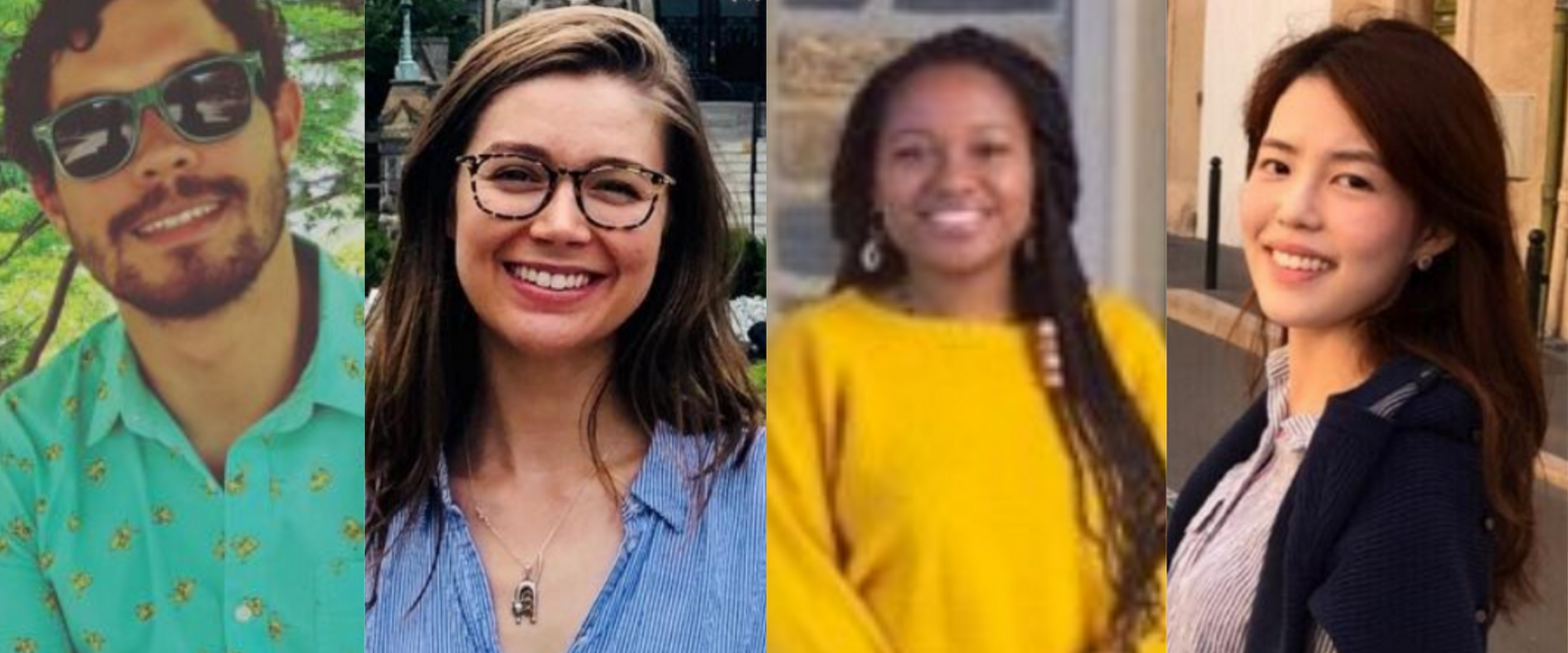
The Editorial Assistants are working with Alison Mackey who is Editor-in-Chief and Professor of Linguistics at Georgetown University where she is also currently Department Chair. She also carries out research at Lancaster University in the UK during the summers. Her interests focus on how languages are learned and how they might best be taught, along with research methodology of all kinds. She has authored more than 100 articles, chapters and reports and has published 18 books. She has been a language instructor, given workshops for teachers and teacher-trainers, and taught linguistics in the UK, Japan, Australia, Spain, and the US.

The Association Internationale de Linguistique Appliquée (AILA)
Update from the AILA Representative
Fabiola Ehlers-Zavala, Colorado State University
As your representative within AILA, I am very pleased to share the following exciting news. First, our AAAL member, Laura Gurzynski-Weiss, was elected to the role of AILA Secretary General this past August. Laura has been a major contributor to AILA through the years, and her election by members of the AILA Executive Board and International Committee (EBIC) is well-deserved. Congratulations to Laura! We look forward to her leadership within AILA.
Also, as you plan your future participation in AILA events, you may be interested in knowing that the following AILA meetings are being anticipated:
-
2023—Lyon, France—AILA Congress Lab
-
2024—Kuala Lumpur, Malaysia—World Congress
-
2025—AIALA (AILA Ibero-America)—Location TBD
Please, keep an eye on the AILA webpage for any additional updates on upcoming meetings.
Second, regarding the Ibero-American Association of Applied Linguistics (AIALA), I am delighted to share the news with you that the Executive Committee also unanimously approved the recommendation to appoint Dr. Anne Marie Guerrettaz to serve as the AAAL representative to AIALA. As you may recall, during the inaugural year of AIALA, I had the honor to represent AAAL within this newly established regional group within AILA given that I, in my role as Secretary, also represent AAAL within AILA. My bilingual/bicultural skills certainly allowed me to contribute to AIALA in its first year, but the time came to identify my successor who could more directly and permanently contribute to the life and development of AIALA. Please, join me in welcoming Dr. Anne Marie Guerrettaz and wishing her all the very best in this new and important three-year appointment. To learn more about her, please visit her website.
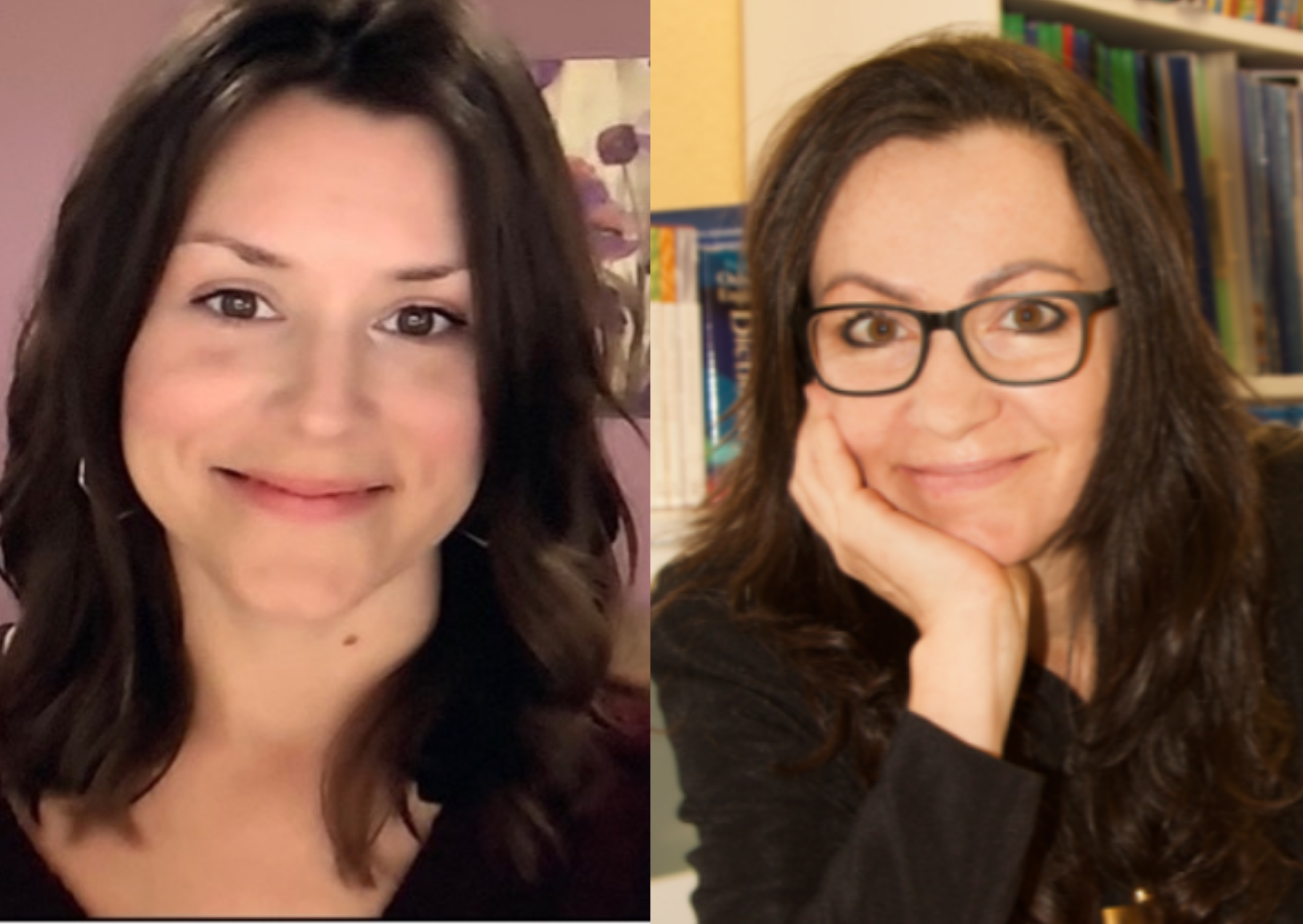
Introducing Ibero-American Association of Applied Linguistics (AIALA)
Update from the AIALA Co-Founders/Organizers
Laura Gurzynski-Weiss, Indiana University and Kyria Finardi, Federal University of Espirito Santo
The Ibero-American Association of Applied Linguistics (AIALA, by its abbreviations in both Spanish– Asociación Iberoamericana de Lingüística Aplicada – and Portuguese: Associação Ibero-Americana de Linguística Aplicada) was created in 2020 to better reflect the global linguistic diversity within the International Association of Applied Linguists (AILA). Recent sociopolitical events have demonstrated the critical importance for regional/global collaboration and multilingual perspectives in all areas of science, including applied linguistics, and the need for science to be available and accessible to all. In creating AIALA, we have reconceptualized AILA “regional” membership beyond physical residence/geographical location, focusing instead on linguistic bonds to promote regional languages such as Spanish, Portuguese, and affiliated minoritized language(s) spoken and researched by applied linguists worldwide. Currently, AIALA is a collaboration between AAAL, AMLA (Mexico), ALAB (Brazil), and AESLA (Spain), with additional opportunity for membership by AILA members-at-large where there are no national affiliates (yet). Thus, members of AAAL are automatically members of AIALA.
After initial presentations introducing AIALA at AAAL 2021, ALAB 2021, and the 2021 AILA World Congress, this upcoming year will be focused on engaging directly with applied linguists who speak and/or research the affiliated languages. Additionally, we are in active recruitment of facilitating the formation of AILA affiliates where the languages celebrated by AIALA are present, including Chile, Paraguay, Colombia, and Argentina as well as with applied linguists in Peru, Portugal, and outside the geographical boundaries of Ibero-America in Goa, India, Malaysia, Mozambique, and Angola.
We will hold meetings at all the national meetings of the AIALA founding members (AAAL, AESLA, AMLA, and ALAB) and our organizing questions for these meetings will include: (1) How do we provide more visibility to the existing and ongoing research of the AIALA membership, especially the research produced in minoritized languages or that of colleagues of historically underrepresented and marginalized and/or racialized backgrounds?; (2) How do we facilitate connections between AIALA researchers across the globe to learn from and work with each other?; (3) How do we conduct collaborative research that has impact beyond academia?; and (4) How do we do this taking particular care to ensure that all of AIALA’s actions demonstrate our commitment to DEIA (diversity, equity, inclusion, and access)? Before our meeting at AAAL in March 2022—to which all AAAL members are warmly welcomed—the founding national members will determine the organizing governance of AIALA.
As automatic members of AIALA, we invite AAAL members to join the conversation or email the co-organizers for more information. We also hope you will join us in person at AAAL 2022; meeting information will be provided in the conference program and on social media.
Teamwork is the Foundation of Success
Spotlight on the Nardone Consulting Group (NCG) Team
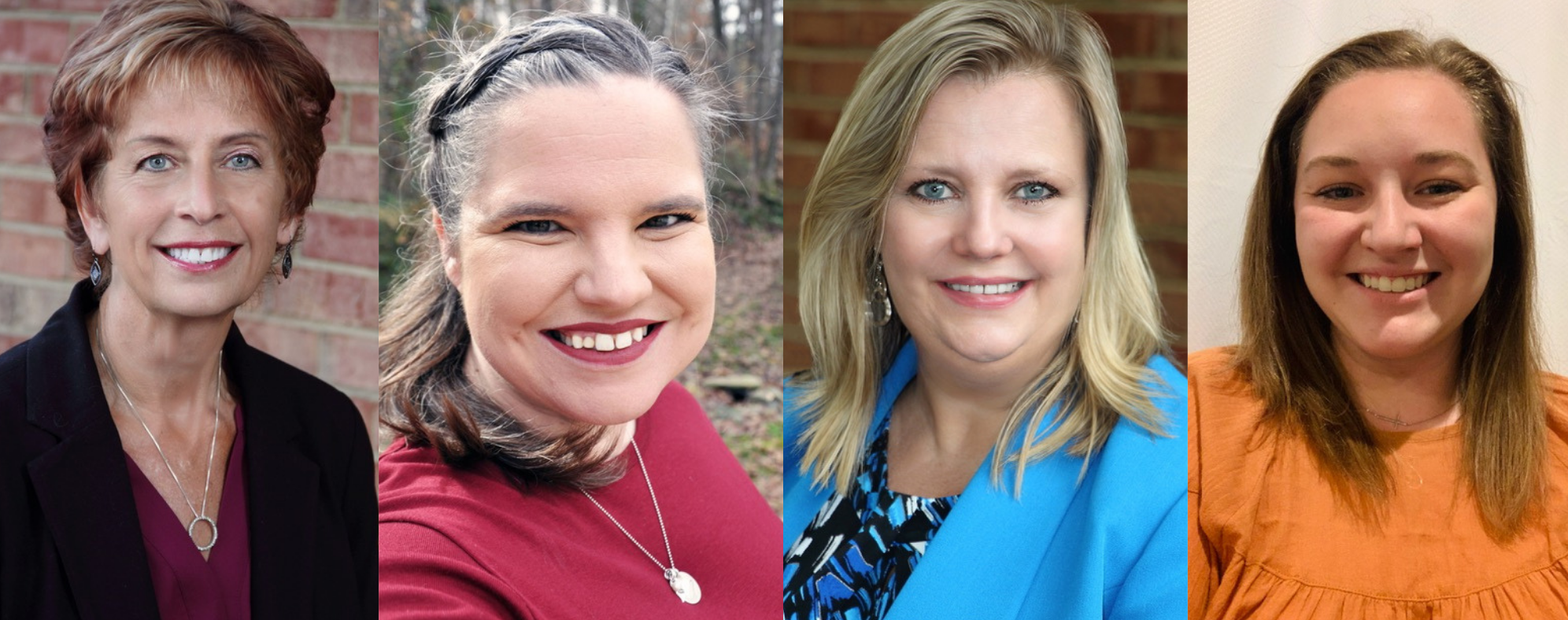
It is often said that “teamwork is the foundation of success.” Teammates work together to ensure that goals are met, individuals are supported, and growth continues. We would like to introduce the Nardone Consulting Group (NCG) Team that partners with AAAL to support our daily operations and annual events.
Managing Director: Terry Dougherty, CAE, CMP
Terry is the main point of contact and provides support for the Executive Committee, the AAAL President, the Nominating and Finance Committees, FFAL Trustees, and the Strategic Planning Task Force. She oversees all association governance and the execution of strategic initiatives, as directed by the EC. Terry is responsible for the oversight of AAAL daily operations and NCG Team members.
Association Administrator: Andi Edwards, CNP
Andi is responsible for support of all remaining AAAL committees. She also manages the proposal system for AAAL conferences. She supports communications and marketing, ranging from conference promotion to distribution of the AAALetter, and supports AAAL webinars. Andi maintains the AAAL website, assists with member surveys, and supports AAAL’s annual award committees.
Conference Planner: Sherry Battle, CMP
Sherry acts as the primary NCG liaison with the AAAL Conference Chair and their conference team. She manages project development for the AAAL annual conference, sponsor and exhibitor registration and engagement, conference execution, and logistics.
Association Assistant: Hannah Queen
Hannah serves as the main point of contact for member communication and is the primary contact for inquiries. She manages conference registration, membership questions and renewals, as well as providing registration support for AAAL conference sponsors and exhibitors.
We encourage you to reach out to the team. Our goal is to work together, in partnership with AAAL, to add value, protect the organization, and make a difference.
Congratulations to the 2022 Research Article Award Winners
Written by Ute Römer, Georgia State University
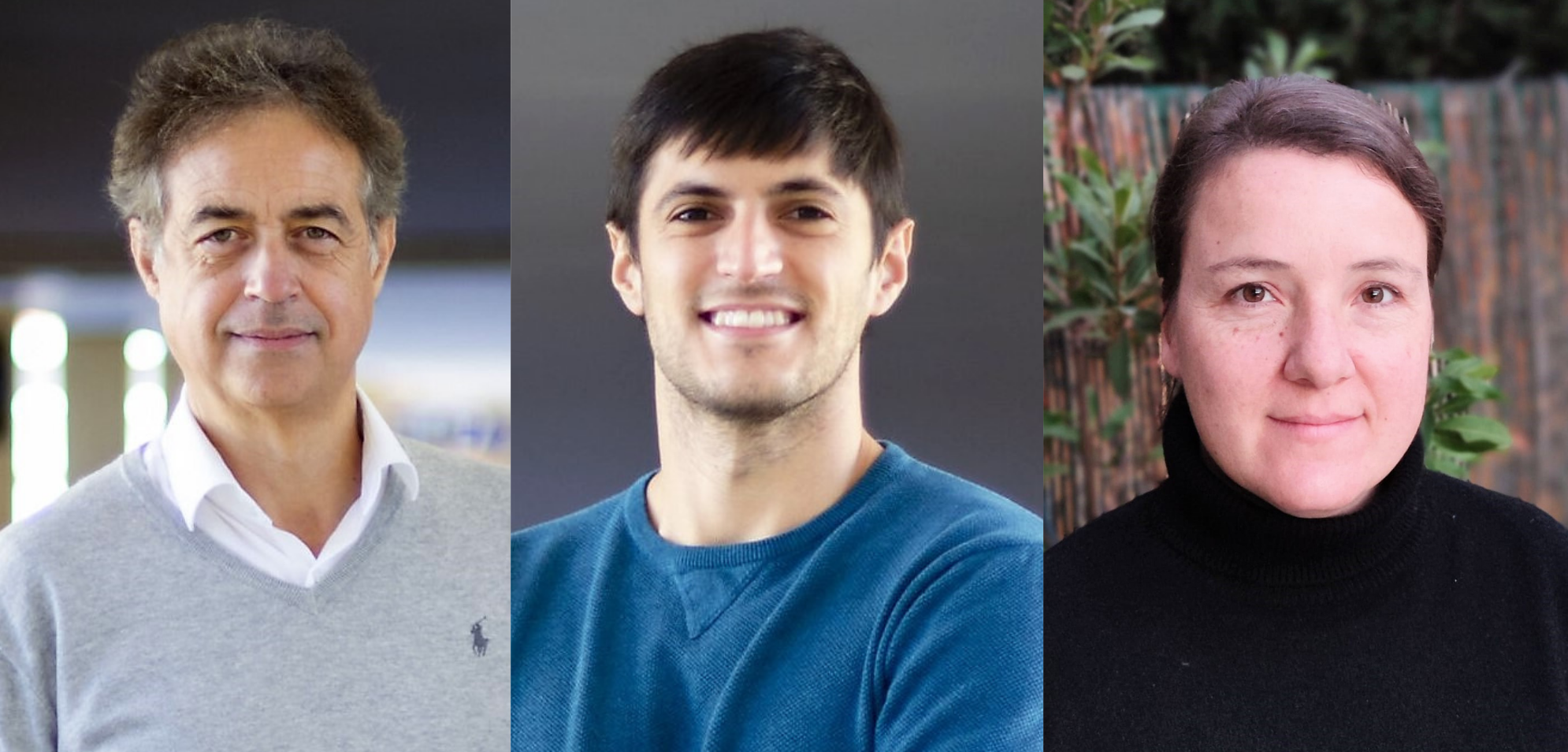
Research Article Award Recipients: Francisco Lorenzo, Adrián Granados, and Nuria Rico
The winner of the 2022 AAAL Research Article Award is the article “Equity in bilingual education: Socioeconomic status and content and language integrated learning in monolingual Southern Europe,” co-authored by Francisco Lorenzo, Adrián Granados, and Nuria Rico and published in Applied Linguistics (issue 42(3)). The association grants this annual award to “the author or authors of a published refereed journal article which is recognized by leaders in the field to be of outstanding quality and to hold the broadest potential impact on the advancement of applied linguistic knowledge.” This year’s AAAL Research Article Award Committee, consisting of Yuko Butler (University of Pennsylvania), Jason Mizell (University of Miami), Junko Mori (University of Wisconsin Madison), Jennifer Leeman (George Mason University), and myself (Georgia State University), reviewed 21 articles published in 16 different journals and nominated by the journal editors. From this pool of nominations, the article by Drs. Lorenzo, Granados, and Rico emerged as a clear winner. The committee found the article to make a significant contribution to the discussion of effects of socioeconomic status in content and language integrated learning (CLIL).
Lorenzo et al.’s article uses data from more than 3,800 students representing four socioeconomic status levels to investigate potential differences between traditional monolingual education and CLIL bilingual education and in terms of indicators of student equity. Data was collected at CLIL and non-CLIL schools in Andalusia, and students’ performance levels were determined based on their competence in Spanish (L1), English (L2), and history. A set of correlation analyses applied to this large dataset allowed the authors to address questions related to how bilingual schools from different socioeconomic status levels perform in various achievement tests (in Spanish, English, and history classes) compared to non-bilingual schools. The article convincingly demonstrates how CLIL education can lead to egalitarian effects in the development of language competence, regardless of the students’ socioeconomic status. As the authors point out in their article, “while a staircase pattern is constantly present in the performance of non-CLIL students (with those from higher social classes obtaining better results), all CLIL students seem to obtain equally high results” (p. 393).
The members of the AAAL Research Article Award Committee found that Lorenzo et al.’s study has important implications for language education policy and addresses central issues related to student equity—a topic which is central to the mission of AAAL. Since its results convincingly demonstrate “that bilingual education may provide advantages for underprivileged SES students that outweigh L2 competence factors” (p. 410), the study can be cited to advocate for CLIL and to oppose screening procedures that may disadvantage underprivileged students. The article presents an excellent model of applied linguistics work of strong practical relevance and societal value. Congratulations to Drs. Lorenzo, Granados, and Rico on this well-deserved award!
AAAL Announces Winner of the 2022 Distinguished Scholarship and Service Award
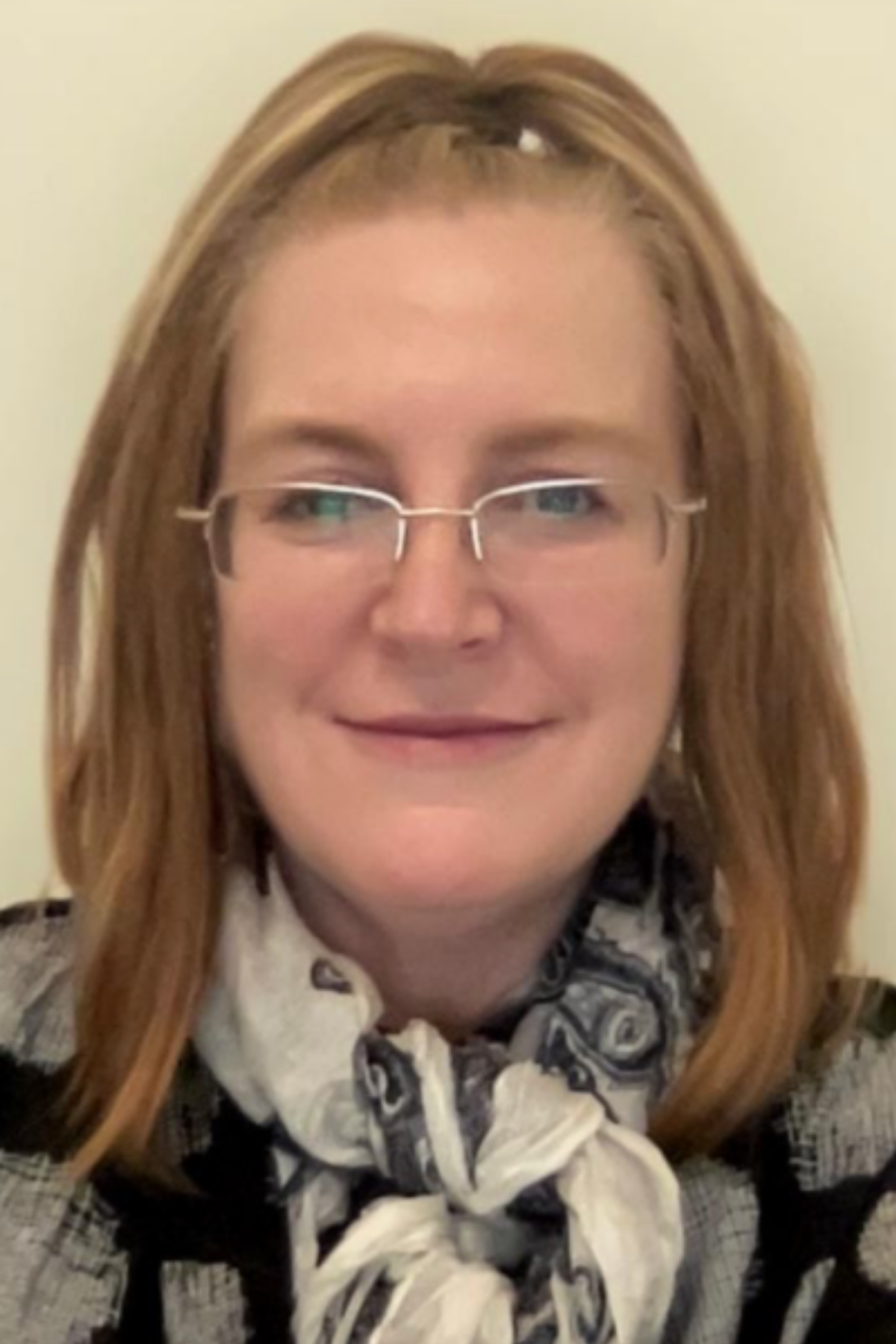
Spotlight on Alison Mackey
The Distinguished Scholarship and Service Award recognizes and honors a distinguished scholar for their scholarship and service to the profession in general and to AAAL in particular. This year’s recipient is Alison Mackey, Professor of Linguistics and Department Chair at Georgetown University. Dr. Mackey’s scholarly interests focus on how languages are learned and how they might best be taught, along with research methodology of all kinds. She has an outstanding record of publications, including 18 books and more than 100 articles, chapters and reports. Her service contributions have also been exemplary. Since 2013 she has served as Editor-in-Chief of Cambridge University Press's Annual Review of Applied Linguistics, an official journal of AAAL. She was also co-founder and has been an advisory board member of the Instruments for Research into Second Languages (IRIS) project; and has served as series co-editor of the influential Second Language Research Series (Taylor and Francis, previously Lawrence Erlbaum Associates), since 1999. In addition, she is a curriculum board member at Age of Learning, a leading children’s education technology provider.
Dr. Mackey’s other recent awards include the MLA’s Kenneth Mildenberger Book Prize (with Susan M. Gass), and Georgetown University’s President’s Teacher-Scholar Prize and Provost’s Career Research Award. Dr. Mackey has been a language instructor, given workshops for teachers and teacher-trainers, and has taught linguistics in the U.K., Japan, Australia, Spain, and the U.S. She carries out research at Lancaster University in the UK as a professor during the summers.
Dr. Mackey will give a featured DSSA lecture in Pittsburgh at AAAL 2022 in conjunction with this award. Congratulations, Alison!
AAAL Announces Winner of the 2022 Distinguished Public Service Award
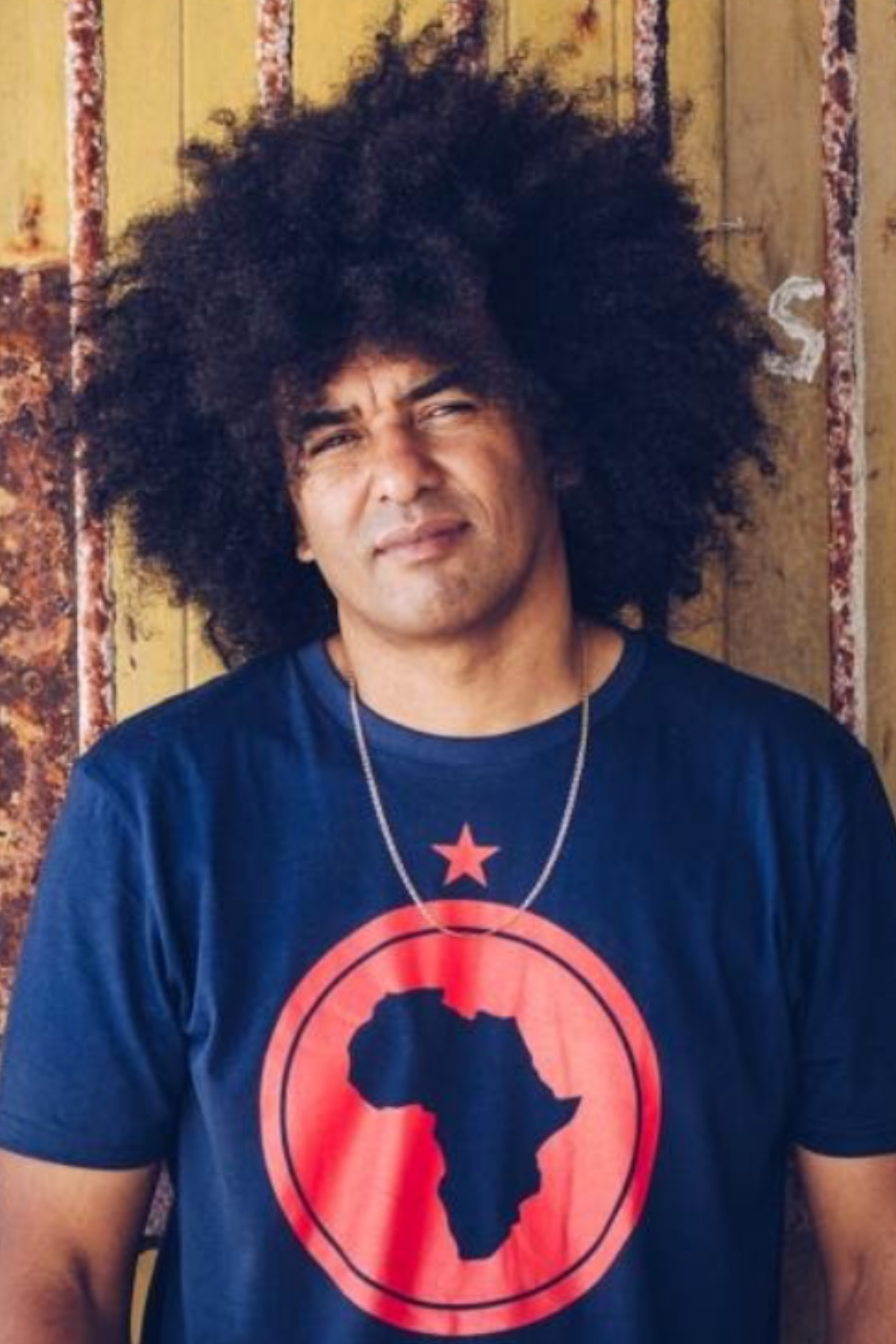
Spotlight on Emile Jansen (AKA EmileYX?)
The AAAL Distinguished Public Service Award (DPSA) recognizes individuals outside of the field of applied linguistics -- writers, journalists, politicians, lawyers, etc. -- whose work (1) raises public awareness of important social issues connected to language and (2) makes exceptional contributions to promotion of multilingualism, linguistic social and justice, and language-related human rights. This year’s recipient is Emile Jansen, a social justice and language activist for over 30 years who is based in Cape Town, South Africa. This is the first time the AAAL Distinguished Public Service Award is being awarded to a person or organization outside North America.
Emile was founder of the Hip Hop group Black Noise and the community Heal the Hood Project. He was a featured artist in the award-winning and groundbreaking Hiphopera documentary Afrikaaps. His work focuses on “language-related human rights” in apartheid and post-apartheid South Africa, restoring the agency of multilingual, racialized speakers by advocating for Kaaps/Afrikaaps, a historically stigmatized variety of creolized Afrikaans spoken by the working class near Cape Town.
A virtual event during which this AAAL award will be presented to Emile XY? and some of his work will be shown is being planned for February 2022. More details will be circulated prior to the event.
Congratulations, Emile!
AAAL Announces Winner of the 2022 Book Award!
The American Association for Applied Linguistics Book Award recognizes outstanding work in the field of applied linguistics. In bestowing this award, the association honors high-quality books that make an exceptional contribution to the field as a whole or to a specific area of specialization. The Book Award is given biennially, alternating every other year with the First Book Award.
The 2022 AAAL Book Award Committee (chaired by Nancy Bell) notes that both the winner and the close runner-up (finalist) for this year’s award exemplify the kind of scholarly rigor and wide-reaching, “real world” language research that the field promotes. The committee agreed that both topics were urgent, timely, and highly relevant. In addition, both books were lauded as being broadly accessible. The descriptions below are from the committee.
Winner: The Power of Narrative: Climate Skepticism and the Deconstruction of Science - by Raul Lejano & Shondel Nero (Oxford University Press, 2020)
The Power of Narrative is a needle-sharp account of how, over time, our beliefs become storied and how those ideological narratives become self-contained systems that maintain social and cultural boundaries, ultimately leading to greater group isolation and discouraging dialogue or mutual understanding. The authors’ even-handed critiques of both the climate denialist and climate activist narratives help us understand what sustains these views and how, in the face of overwhelming evidence to the contrary, some people choose alternative stories to those offered by science. The authors identify strategies to engage these climate skeptics in dialogues that counter these deceptive narratives and aim to achieve a shared understanding of climate change. While the book will appeal to a broad, non-academic readership of people interested in environmental communication, advocacy, and policy-making, applied linguists will appreciate the rigorous analyses and the transparency and detail with which research methods are explained. This explicit presentation allows the text to also provide a theoretically sound, yet accessible, introduction to narrative, ideology, discourse, critical discourse analysis, modernism, and social construction. It offers a powerful model for how to translate our interdisciplinary work for a wider audience.
Finalist: The Dynamics of Dementia Communication - by Alison Wray (Oxford University Press, 2020)
This book is a beautifully written, interdisciplinary tour de force that focuses on the human experience of dementia and, specifically, how the illness affects communication, for both the person living with dementia and their interlocutors. With evidence-based guidance for how to support and look after people with dementia, it will appeal not only to linguists, but to medical workers and caregivers, as well. The book offers a critique of popular conceptions about the diseases of dementia and their symptoms. Each of the chapters displays—and calls for—sincere compassion and empathy for persons with dementia and for their caregivers and interlocutors. Furthermore, the book reflects the researcher’s trajectory and growth as an expert in the field by building on her earlier research on formulaic language. As such, it is an inspiring example of how expertise in one area (formulaic language) can build bridges to other areas of applied linguistics (language in healthcare).
Congratulations to the authors of both books!
Message from the AAAL Office: Resolutions
The resolution process is an important means by which AAAL members can make their voices heard on issues internal to AAAL’s governance and operations. The Resolutions Committee is charged with the responsibility of processing all resolutions proposed by the membership before they are acted upon at the general business meeting of AAAL, including those calling for amendment to the Bylaws as outlined in Article XII: Amendments. The Resolutions Committee may also originate courtesy resolutions.
View the AAAL Resolutions Procedures for more information.
AAAL Membership At a Glance
Update from the AAALetter Editorial Team
Sarah Hercula, Missouri University of Science and Technology, and Melike Ünal Gezer, TED University, Turkey
Each year, AAAL compiles data on our membership—where we live, our research and teaching interests, our conference and event participation, and much more. We, as the editorial board members of the AAALetter, thought these data may be of interest to the broader membership, that they might learn more about the people who comprise AAAL. To that end, we have created the following infographic (based on the end-of-year data from 2020) to share some statistics about our membership trends and location, and AAAL strand interest. We hope you find these data interesting, and we look forward to sharing similar updates in the future.
